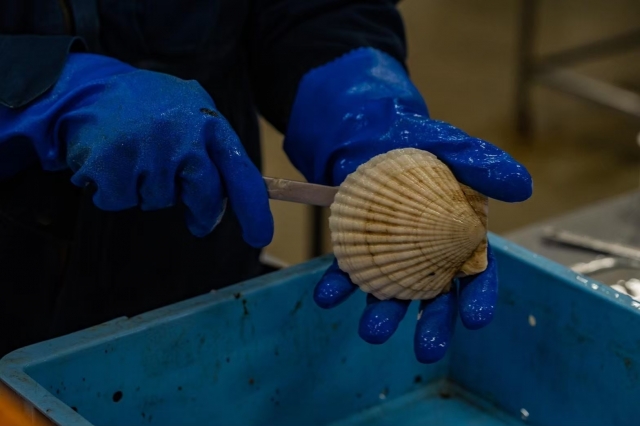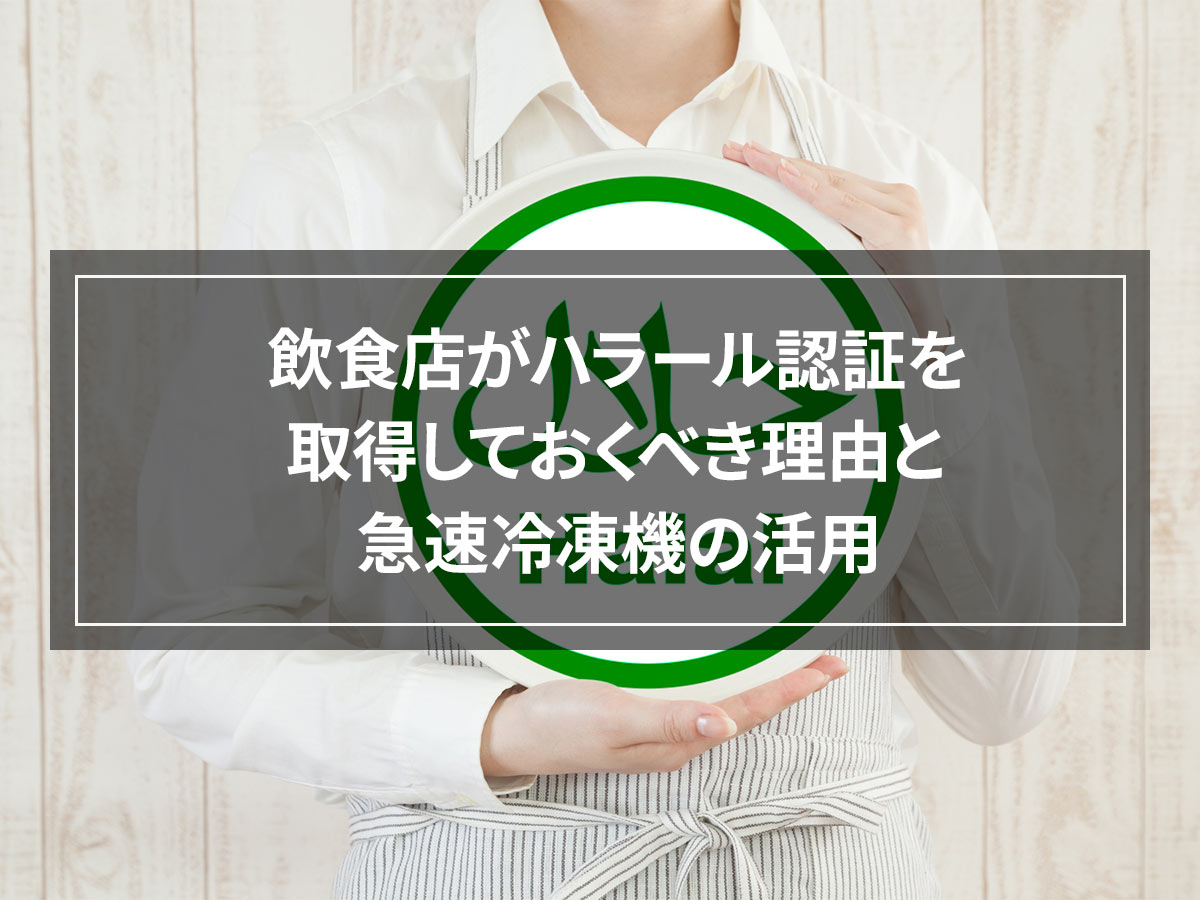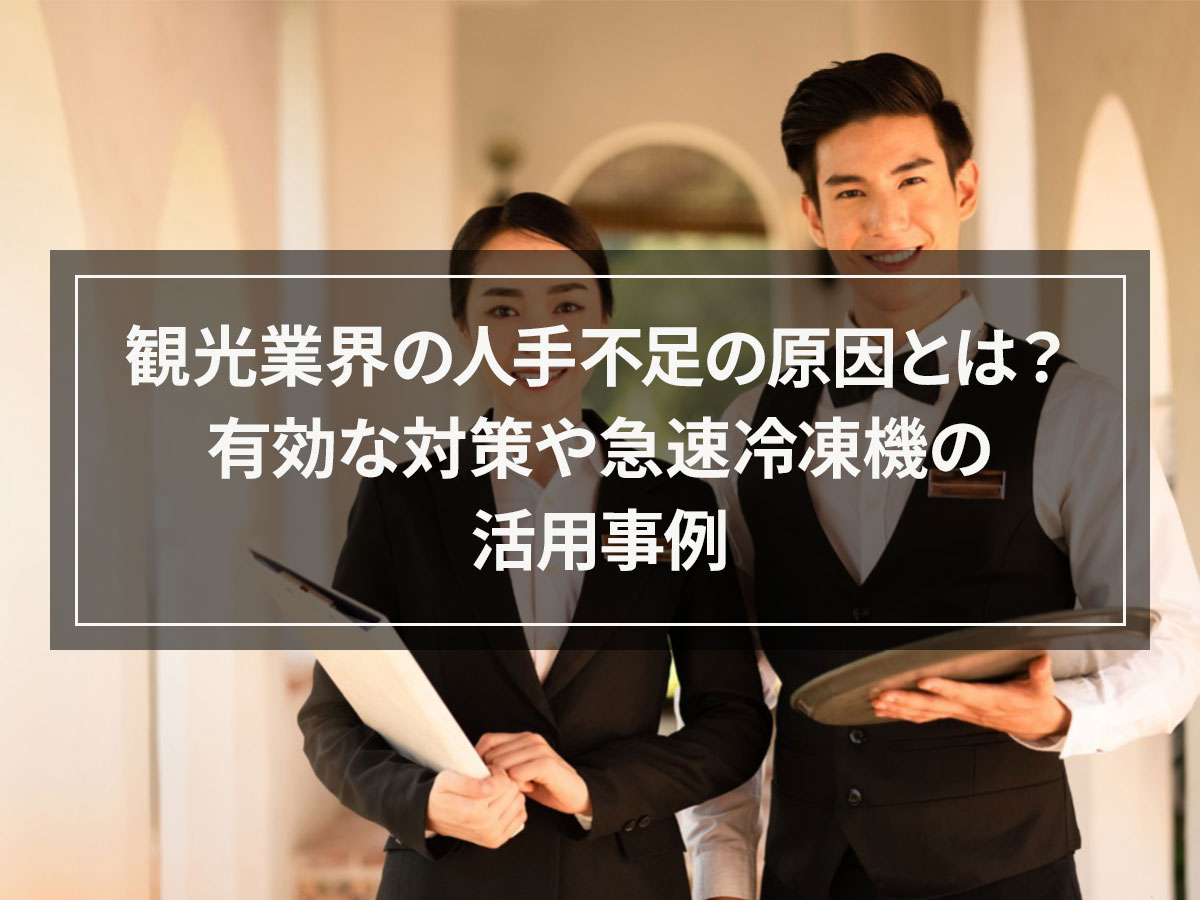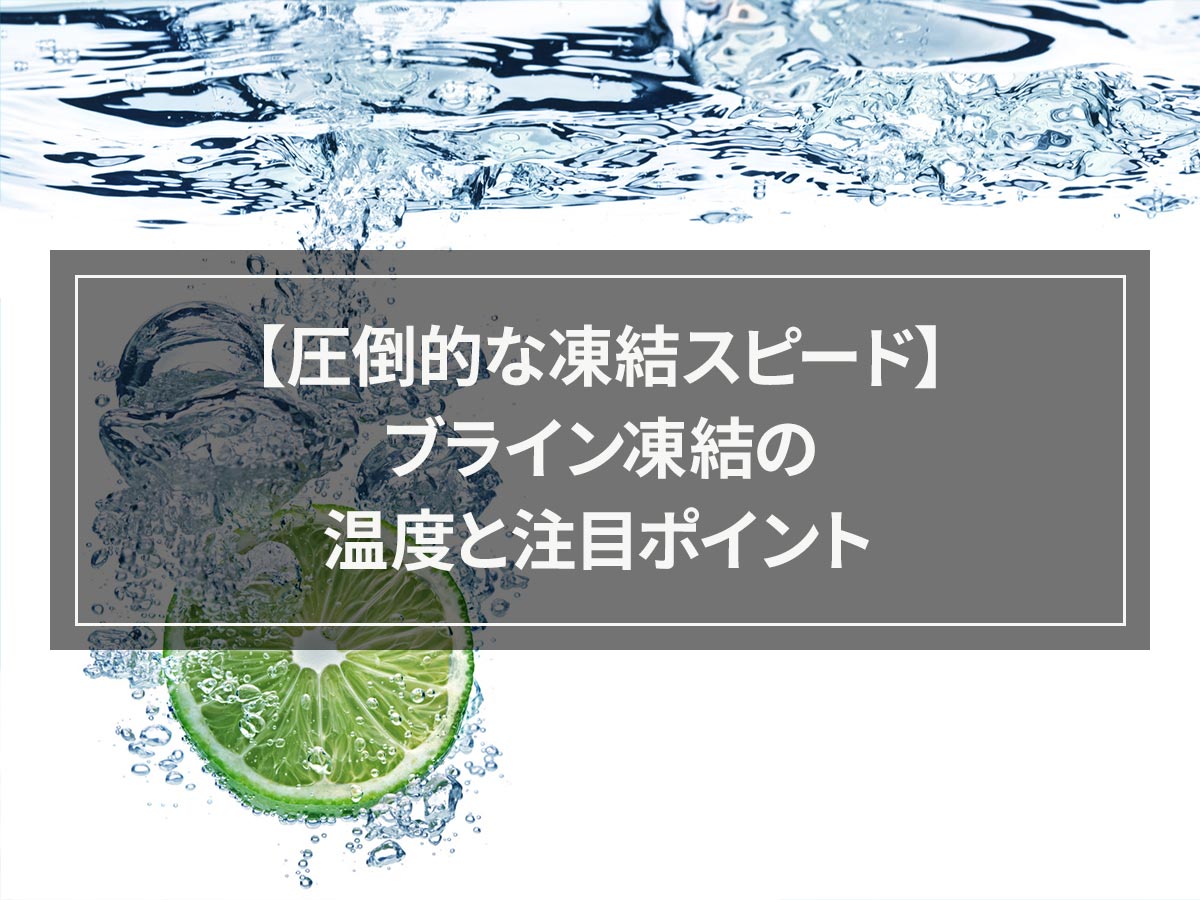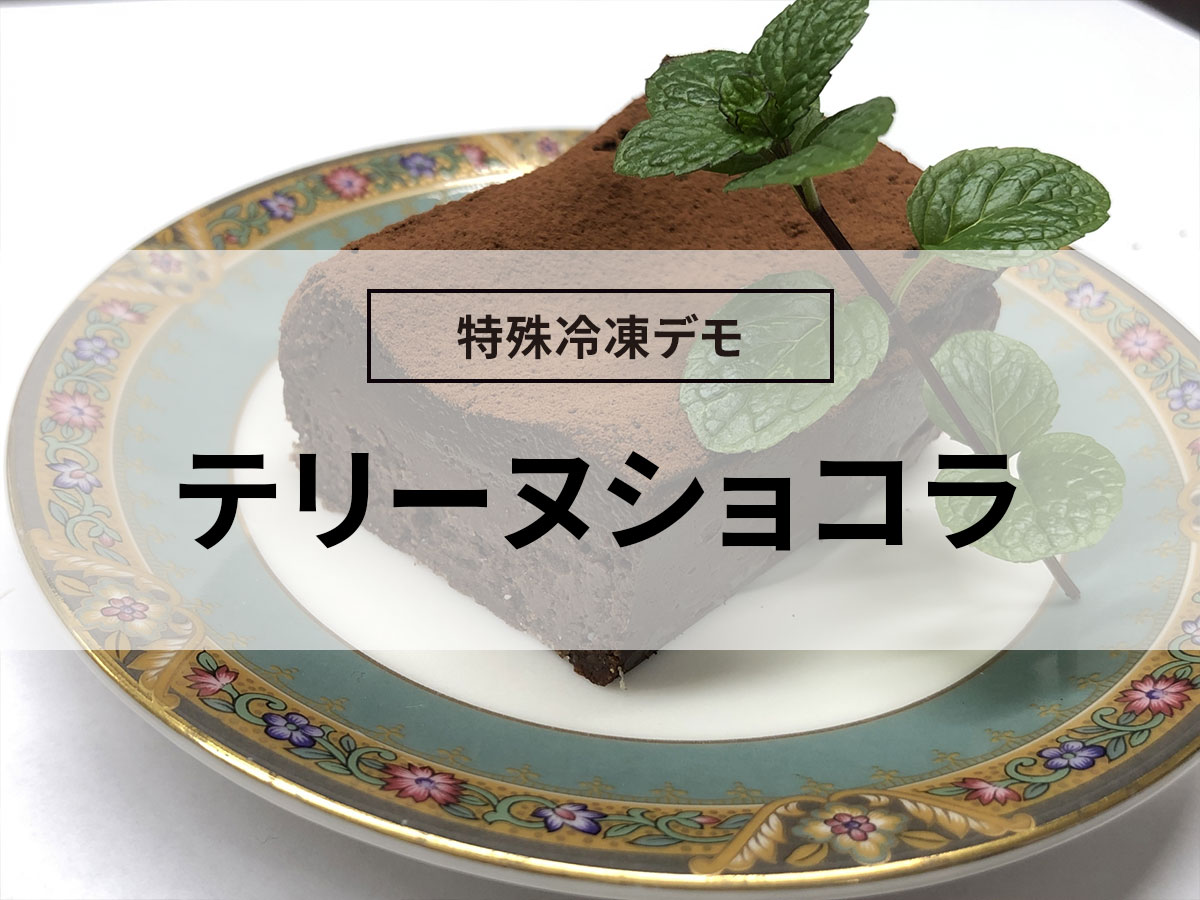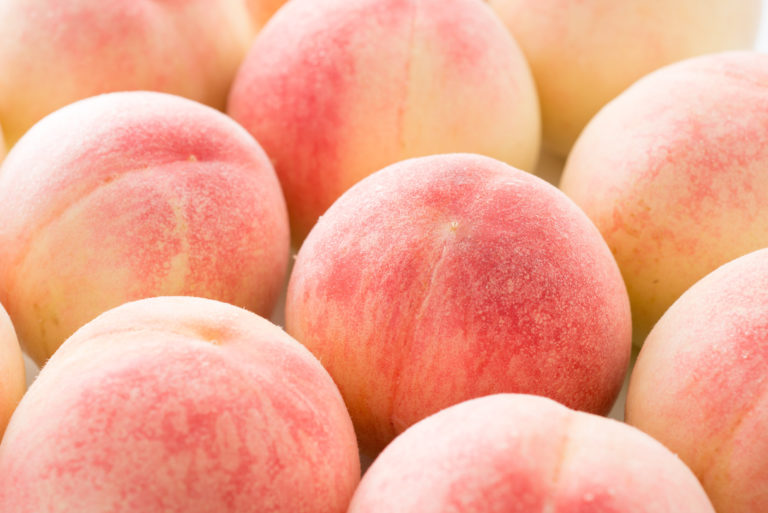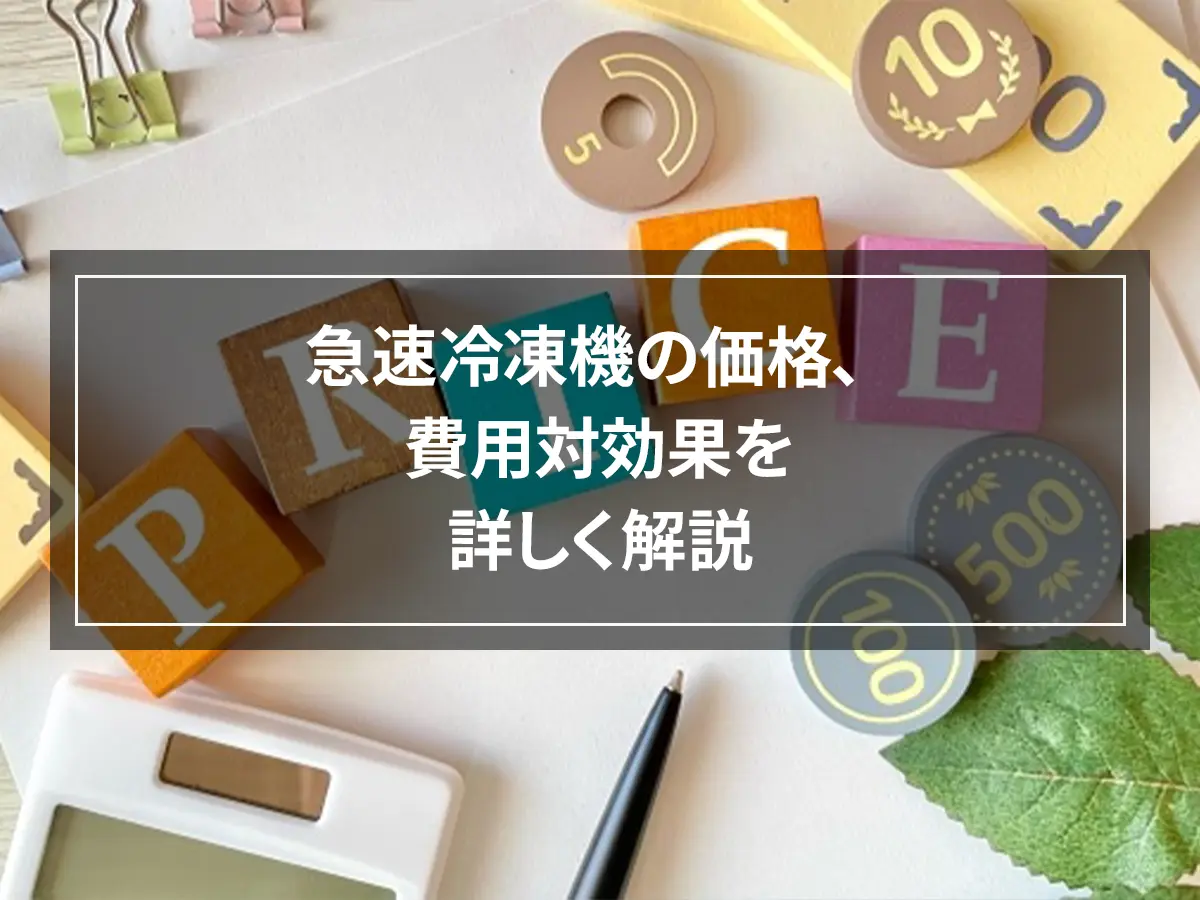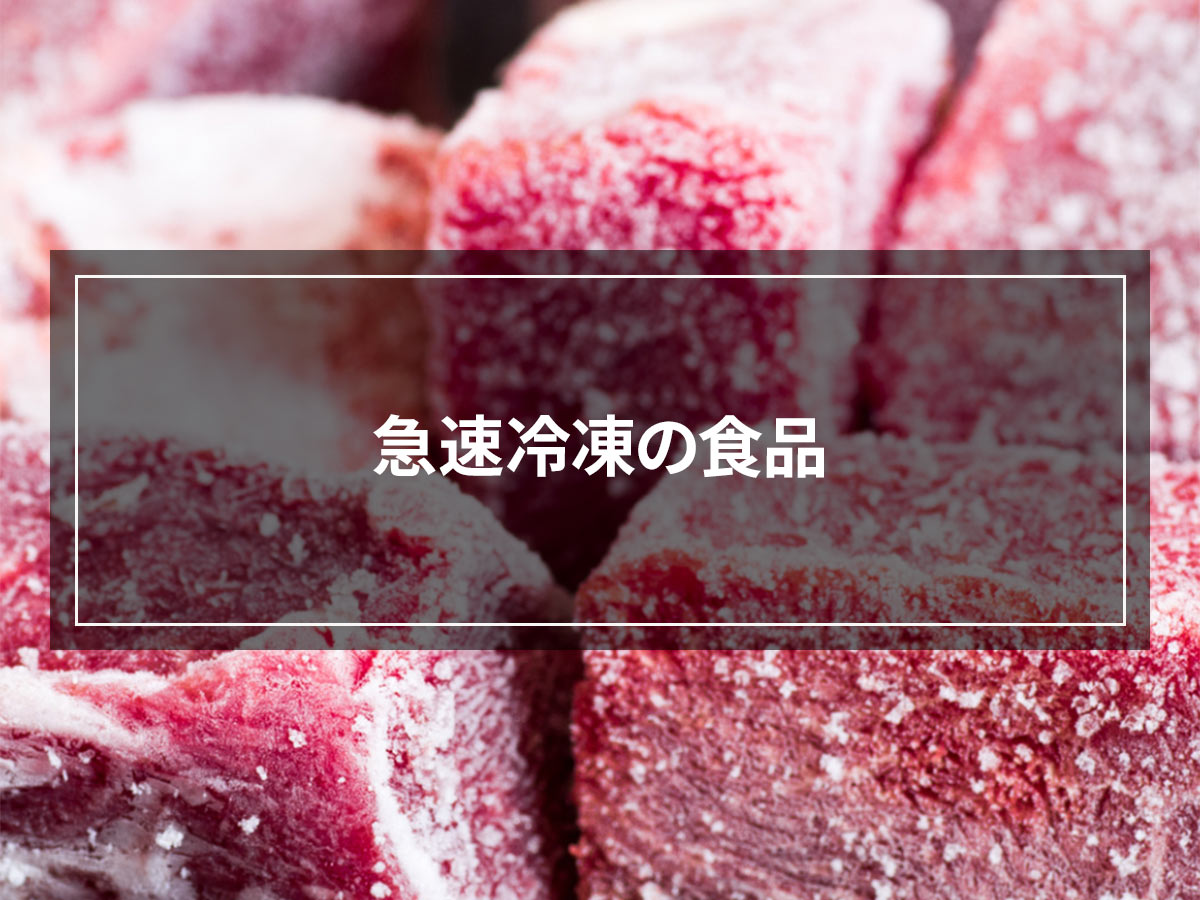What are the three principles for food poisoning prevention? What to do to avoid food poisoning
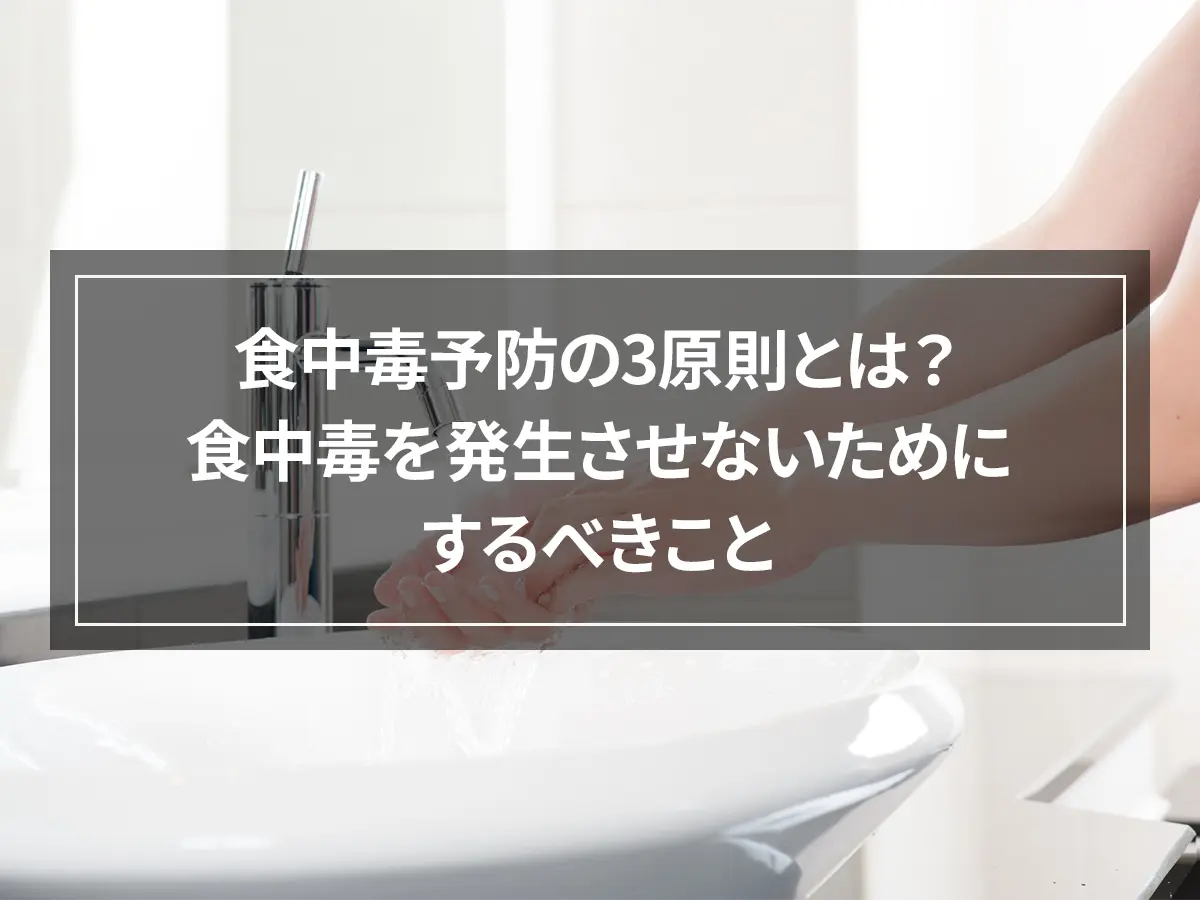
This time we will introduce three principles for preventing food poisoning. We will explain the measures you should take to prevent food poisoning.
The three principles for preventing food poisoning are the basics of food hygiene, and you can't afford not to know them. If food poisoning occurs even once, you may be unable to open your business. Acquire the correct knowledge to prevent food poisoning.
目次
Causes of food poisoning
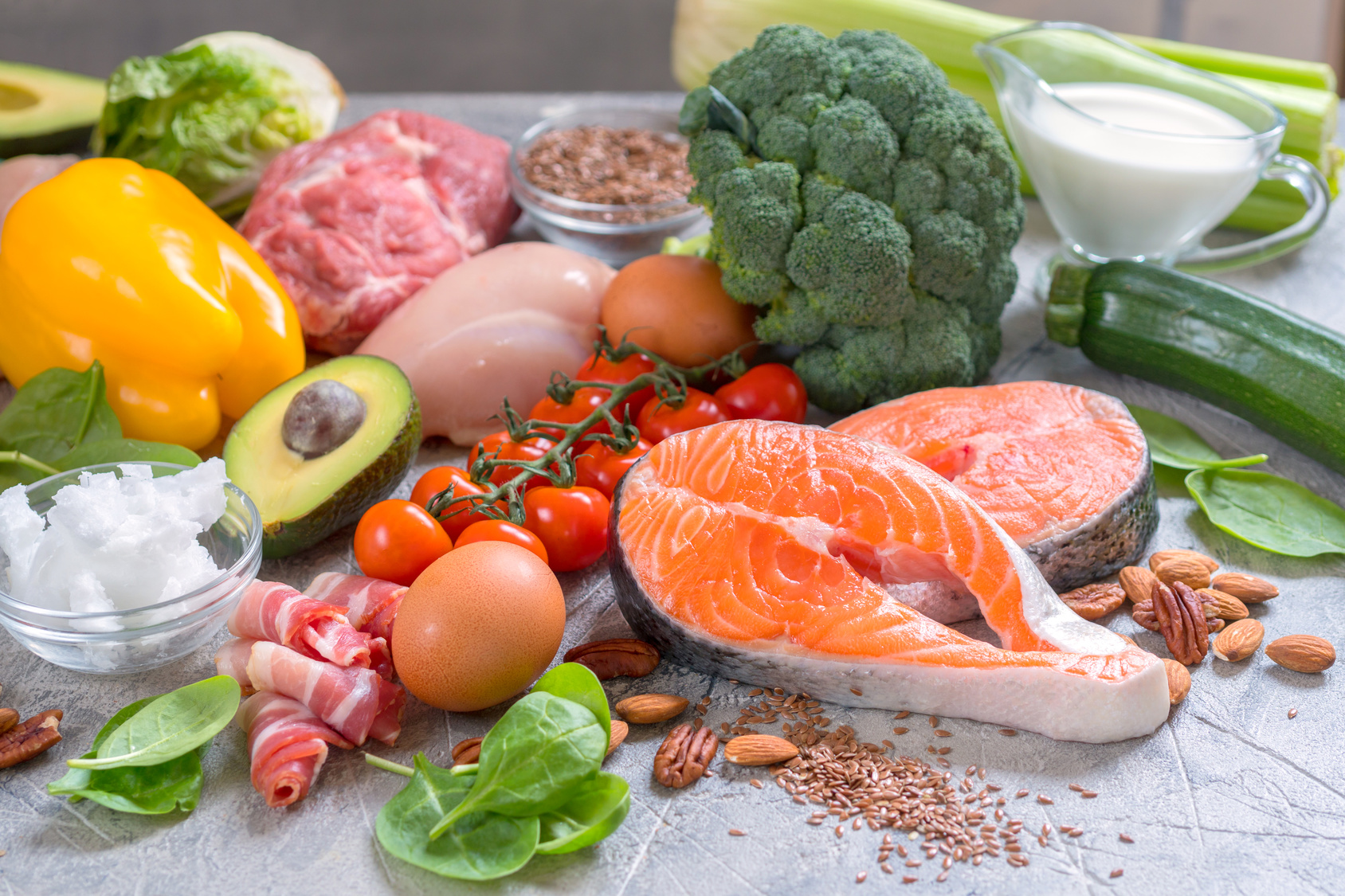
Substances that cause food poisoning include bacteria, viruses, and parasites, and eating food contaminated with these substances can cause food poisoning. In Japan, the overwhelming majority of food poisoning cases are caused by norovirus, followed by Campylobacter, Clostridium perfringens, and Salmonella.
Food poisoning caused by viruses such as norovirus is most common in the winter when food tends to dry out, while food poisoning caused by bacteria such as Campylobacter is particularly common in the summer when the weather tends to be hot and humid.
Food poisoning tends to occur all year round, regardless of the season, so you need to be careful on a daily basis to avoid food poisoning. So, what exactly should you be careful about to prevent food poisoning?
There are three principles for preventing food poisoning, and by following these principles, you can prevent food poisoning. Now, let's take a look at the three principles of food poisoning prevention.
Three principles for food poisoning prevention
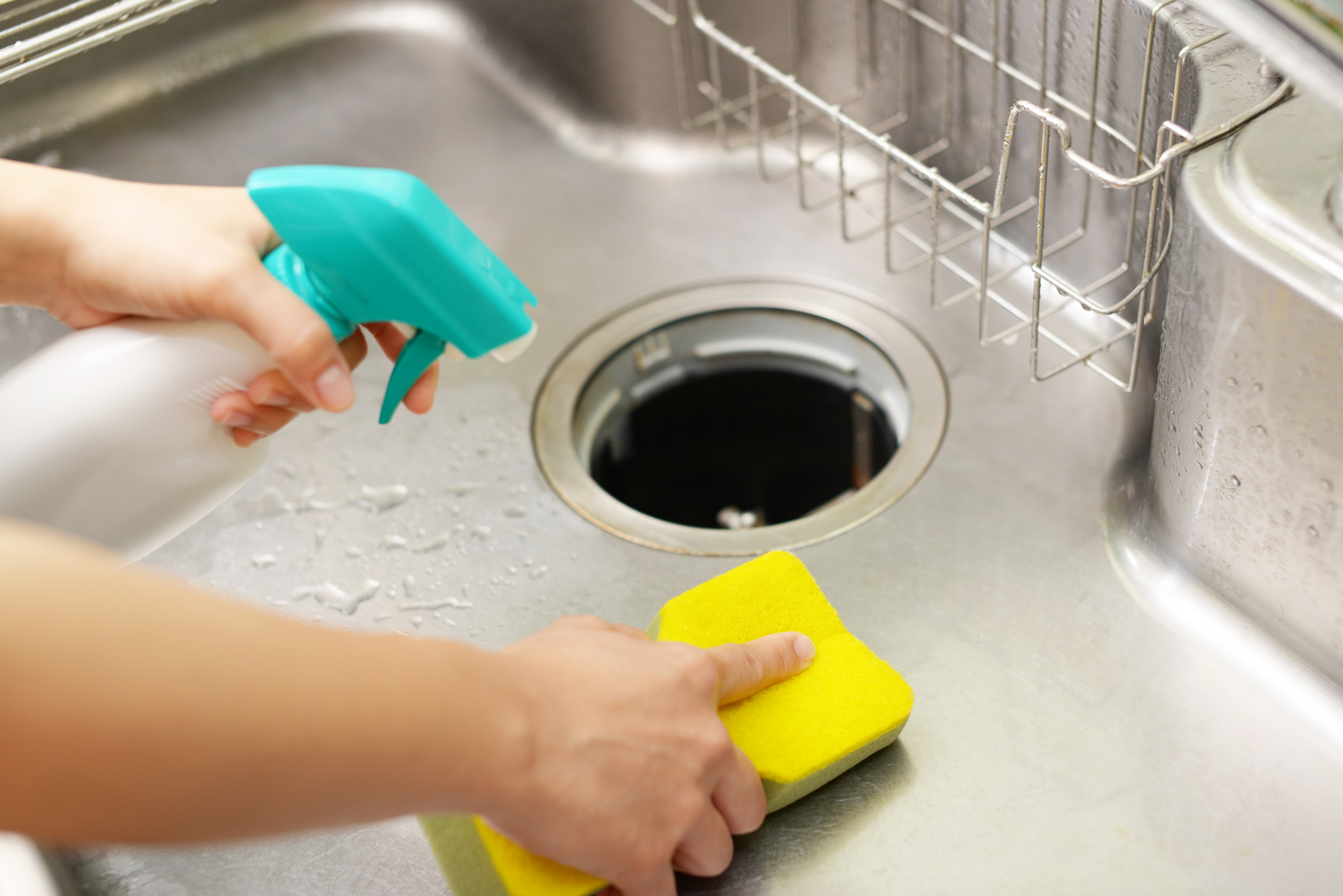
The three principles of food poisoning prevention are "don't get it," "don't let it multiply," and "kill it." I will explain these three points in detail.
1. I don't wear it
It is important to keep the hands and cooking utensils of those engaged in cooking clean and to avoid transferring bacteria attached to food to other ingredients or utensils. Additionally, when storing cooked food, it is necessary to store it in an airtight container and to separate cooking utensils used for food for heating and food for raw consumption.
2. do not increase
It is important to maintain a constant temperature in the kitchen and refrigerator without creating an environment that bacteria prefer, such as high temperature and humidity, and to avoid leaving food at room temperature.
Especially if you are not going to serve already cooked food immediately, cool it quickly or keep it warm at 65℃ or above. Also, when storing in the refrigerator, the lower the temperature, the more inhibited the growth of bacteria, so it is necessary to control the temperature inside the refrigerator.
⇒⇒Click here if you want to know how to prevent the growth of bacteria and keep food fresh longer
3. kill (defeat)
It is necessary to kill bacteria attached to ingredients and cooking utensils. The basic idea is to heat the food well; the aim is to heat the food to a core temperature of 75°C for at least 1 minute. Also, freezing kills parasites, so when serving raw fish as sashimi, use food that has been frozen at a low temperature of -20°C or below.
In recent years, food poisoning caused by viruses, especially norovirus, has been occurring frequently. When food poisoning is caused by a virus, it is difficult to identify which food is causing the food poisoning, and the infection tends to spread. Food poisoning also occurs from unexpected sources, as employees and customers may carry the virus.
Unlike bacteria, viruses do not multiply in food, but in the human body. Therefore, in order to prevent food poisoning caused by viruses, it is important not to bring in or spread the virus.
This is sometimes referred to as the four principles of food poisoning prevention, which include "don't infect," "don't multiply," and "kill (kill)."
Handle food according to the principles introduced above to prevent food poisoning.
However, some people may not know what they should actually do to abide by these principles. From here, we will introduce specific measures.
Measures to prevent food poisoning
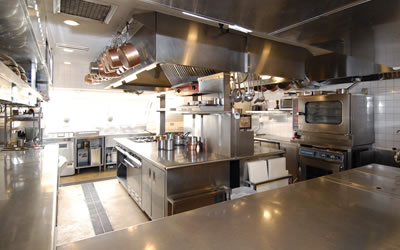
Source: https://eee.tokyo-gas.co.jp/saitekichubo/information/dangi07/01.html
The three principles of food poisoning prevention are the basics of preventing food poisoning. In addition to ingredients, it is also necessary to manage the cooking environment, cooking utensils, refrigerator, etc. to prevent food poisoning.
Compare these items with your workplace environment and check how well you are taking measures.
cooking environment
- Always keep the kitchen clean and repair any broken items immediately.
- Brighten the lighting.
・Ensure adequate ventilation and adjust the room temperature to an appropriate temperature.
・If there are rats or cockroaches, get rid of them and prevent their occurrence.
・Do not bring in anything that is not necessary for cooking.
kitchenware
・Wash and dry cooking utensils and tableware thoroughly.
- Boil food that can be boiled to sterilize it.
-Separate cutting boards for heated foods such as meat and fish and for raw foods such as vegetables.
・Always keep cutting boards, dish towels, and sponges clean.
Refrigerator/freezer
・Keep refrigerators below 5℃ and freezers below -18℃. Check the temperature inside the refrigerator regularly.
・Open and close only when necessary to prevent the temperature inside the refrigerator from dropping.
・Clean the inside of the refrigerator regularly and keep the floor etc. dry at all times.
・Remove mold from the refrigerator gasket and always keep the refrigerator handle clean.
・Do not pack too much food.
- Defrost the freezer regularly.
Ingredients used
・Ingredients are purchased from reliable suppliers.
- Inspect ingredients upon delivery. If the situation is different from usual, report it immediately.
・Do not leave food at room temperature; store it at an appropriate temperature.
・Do not store food items exposed; place them in plastic wrap or airtight containers.
・Determine where to store ingredients and avoid mixing different ingredients.
・Be sure to check the expiration date and expiration date before use.
・Enter the opening date of opened food.
cooking staff
- Wash your hands not only before you start cooking, but also after going to the bathroom or when changing tasks.
-Remove rings and watches. Cut your nails short.
・Prevent your hands from getting rough, and wear gloves if your hands are rough or have scratches.
・Wear special clothing and shoes in the kitchen and always maintain cleanliness.
・If you are not feeling well or have diarrhea or vomiting, report it to the person in charge and do not engage in cooking.
Other measures to prevent food poisoning include using alcohol and sodium hypochlorite, which have sterilizing effects, using highly sterilizing detergents when washing hands, and using electrolyzed water. is required.
Conclusion
What did you think. To prevent food poisoning, you need to be careful not only when handling food, but also when using cooking utensils and refrigerators. When you're busy, you tend to put it off, but to prevent food poisoning, clean your food and the kitchen regularly to keep it clean.
⇒⇒ [Improve your freezer] Tips on temperature control and freezing methods
⇒⇒ [Explanation of functions and issues] What is partial freezing, which slightly freezes food?
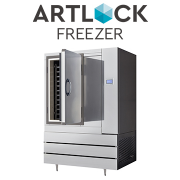

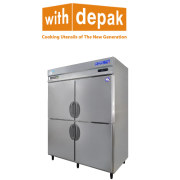

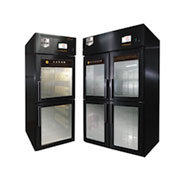
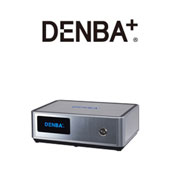
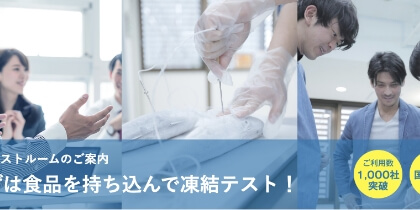
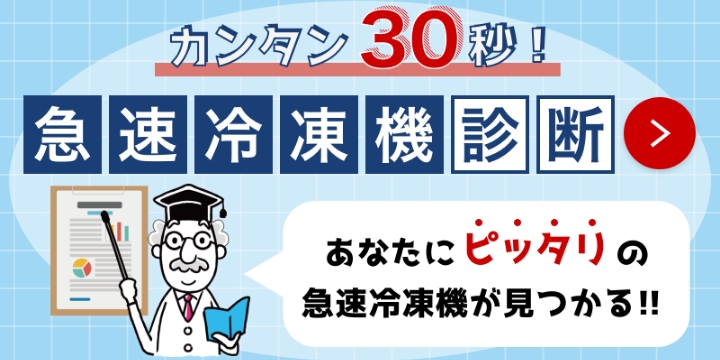
![[Storage period increased by 30 times! ] Achieving a stable supply of raw whitebait!](https://shunkashutou.com/wp-content/uploads/2016/11/579c55e6d32e1385c250e8e7c3ed59a71.jpg)
![[Sales increased 100 times! ] rapid freezing the signature menu “Ni-katsu sandwich”!](https://shunkashutou.com/wp-content/uploads/2016/11/IMG_02391.jpg)
![[Horse sashimi] We have significantly reduced waste loss with rapid freezer!](https://shunkashutou.com/wp-content/uploads/2016/11/5fda59d0cbcdabde18e58c3c58c09ed0.jpg)
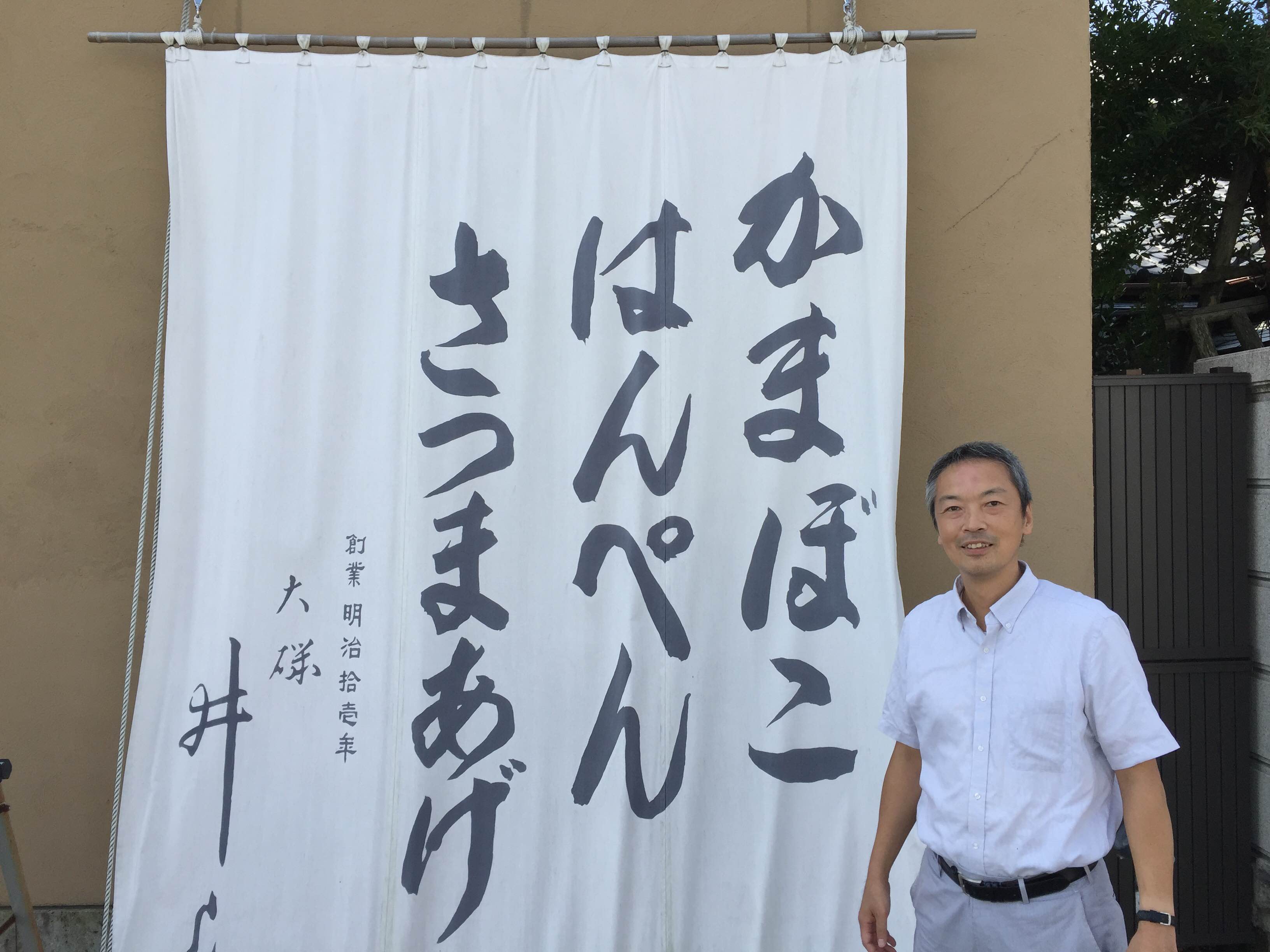
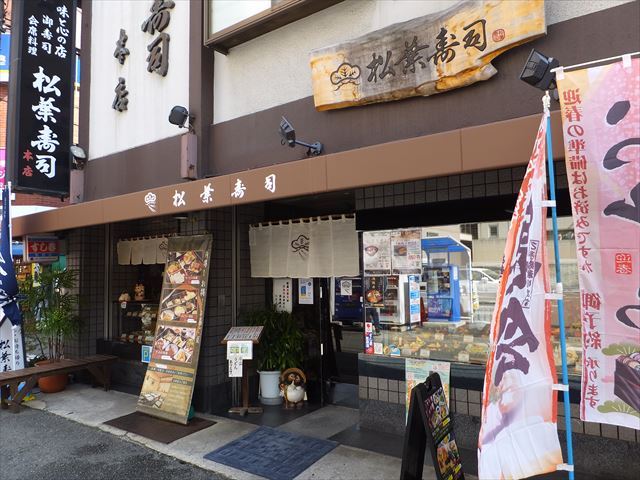
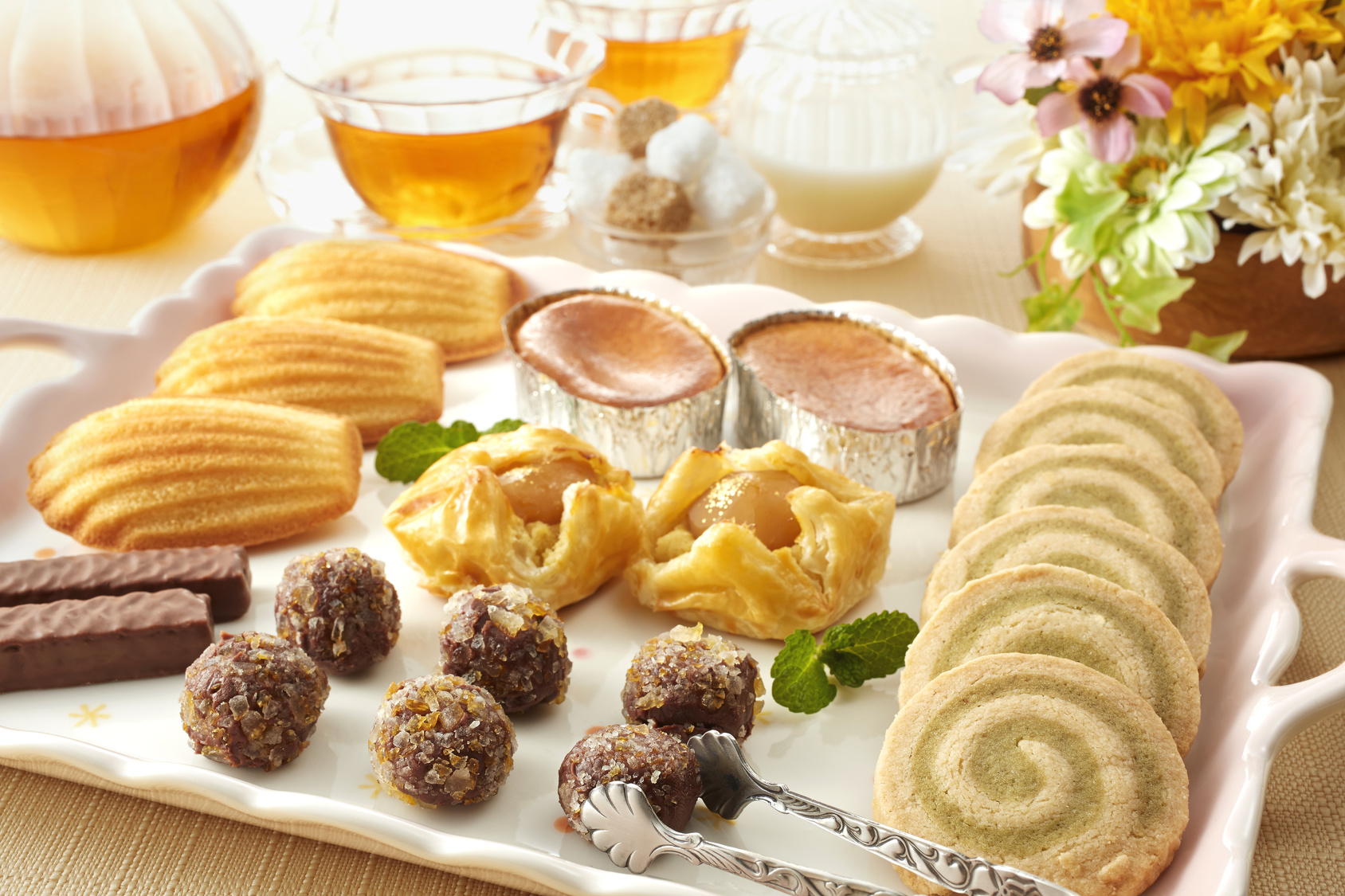

![[Storage period increased from 3 days to half a year! ] Restaurants are expanding their business using wholesale and mail order!](https://shunkashutou.com/wp-content/uploads/2018/04/66c19942ab4ba346fdb64ccc04cde373.png)
![[Reduce loss from 200 kg of oysters to zero] Improve loss and expand business with rapid freezer](https://shunkashutou.com/wp-content/uploads/2018/06/19785ca583a8d3c4041c7c192d041b0d.jpg)
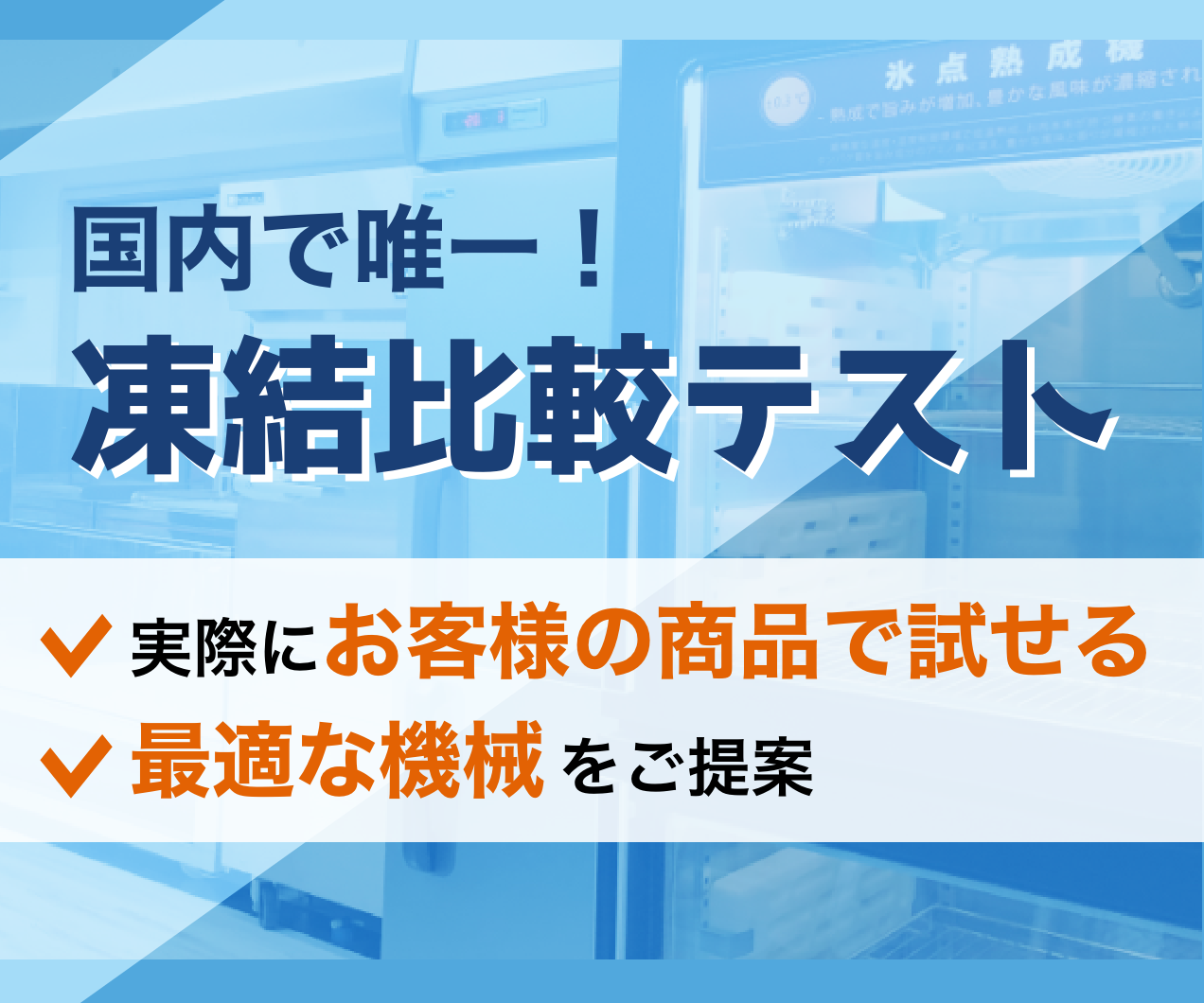
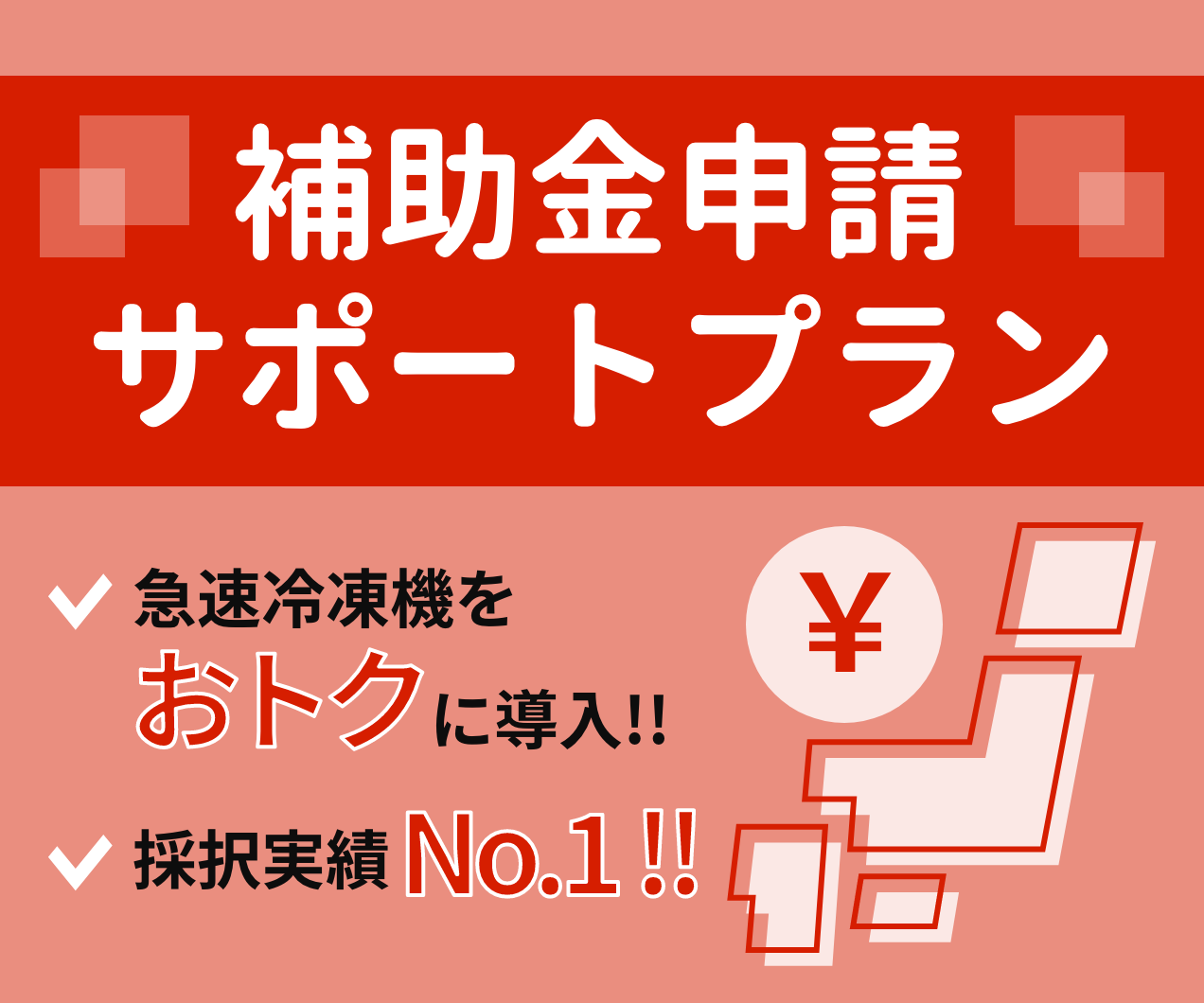
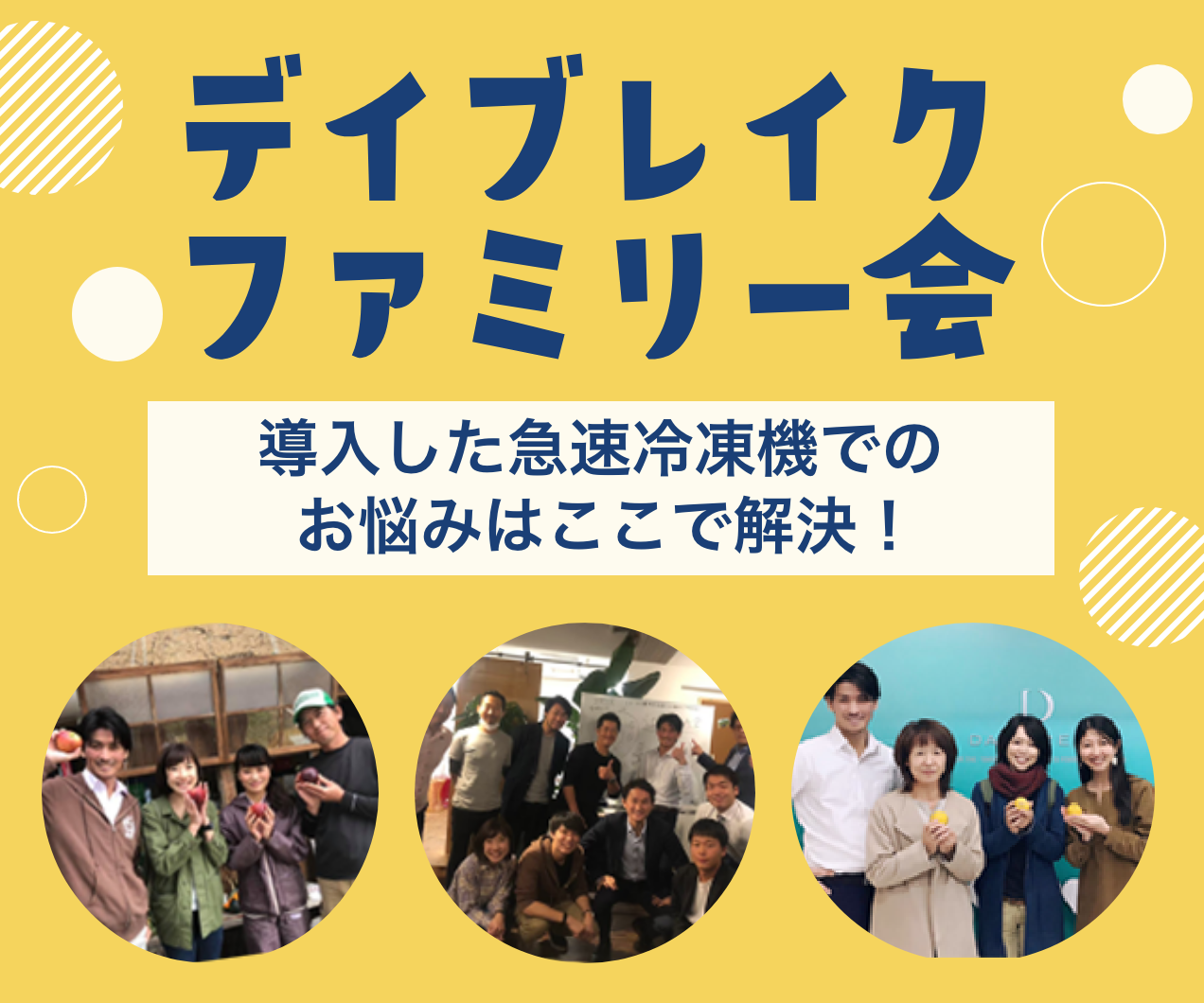
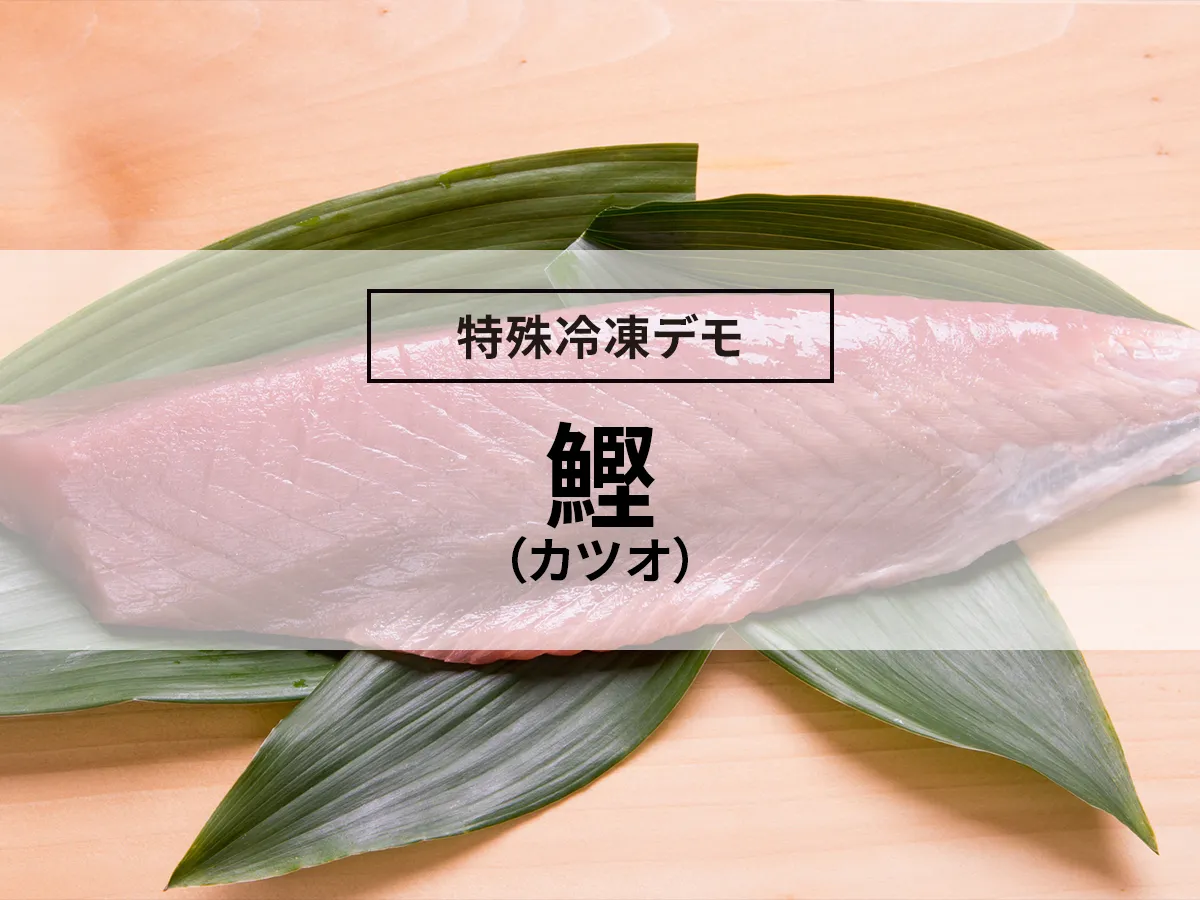
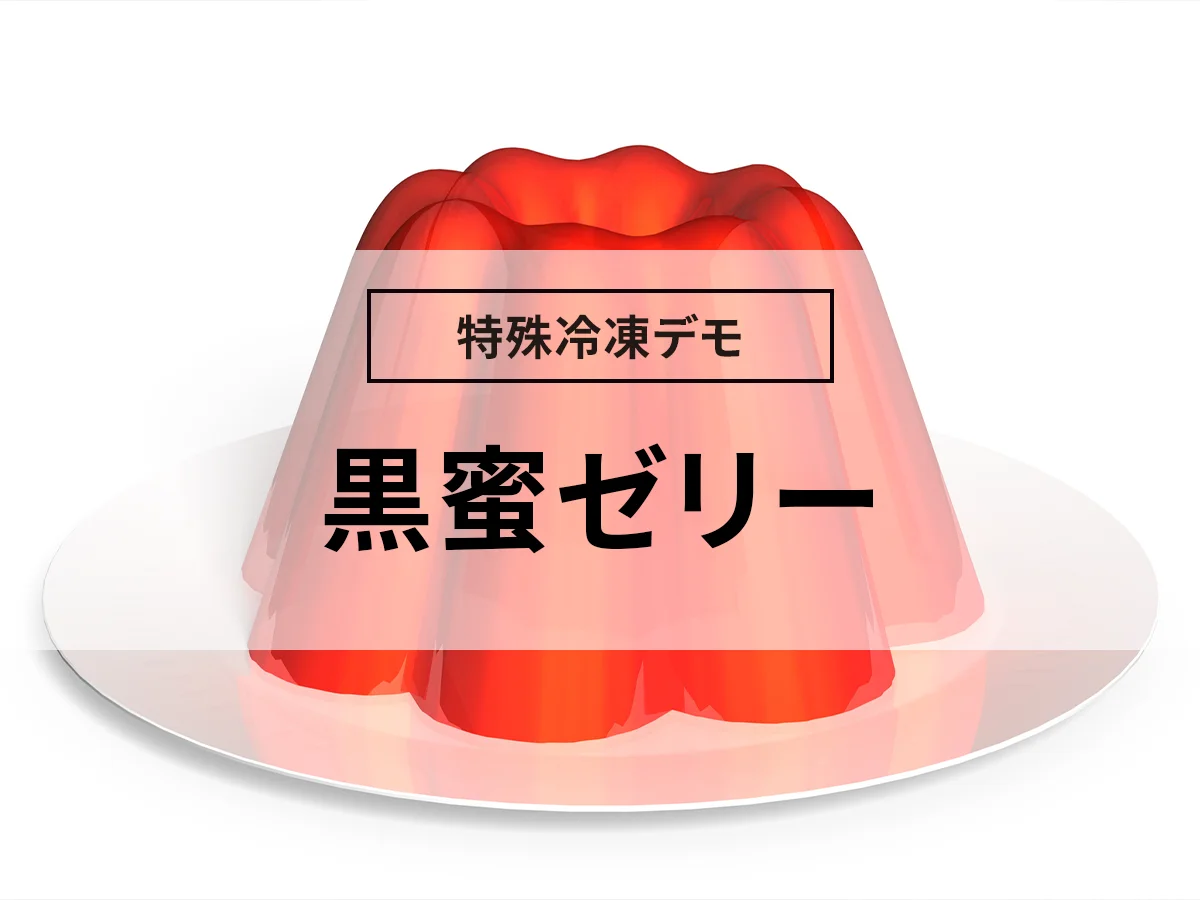
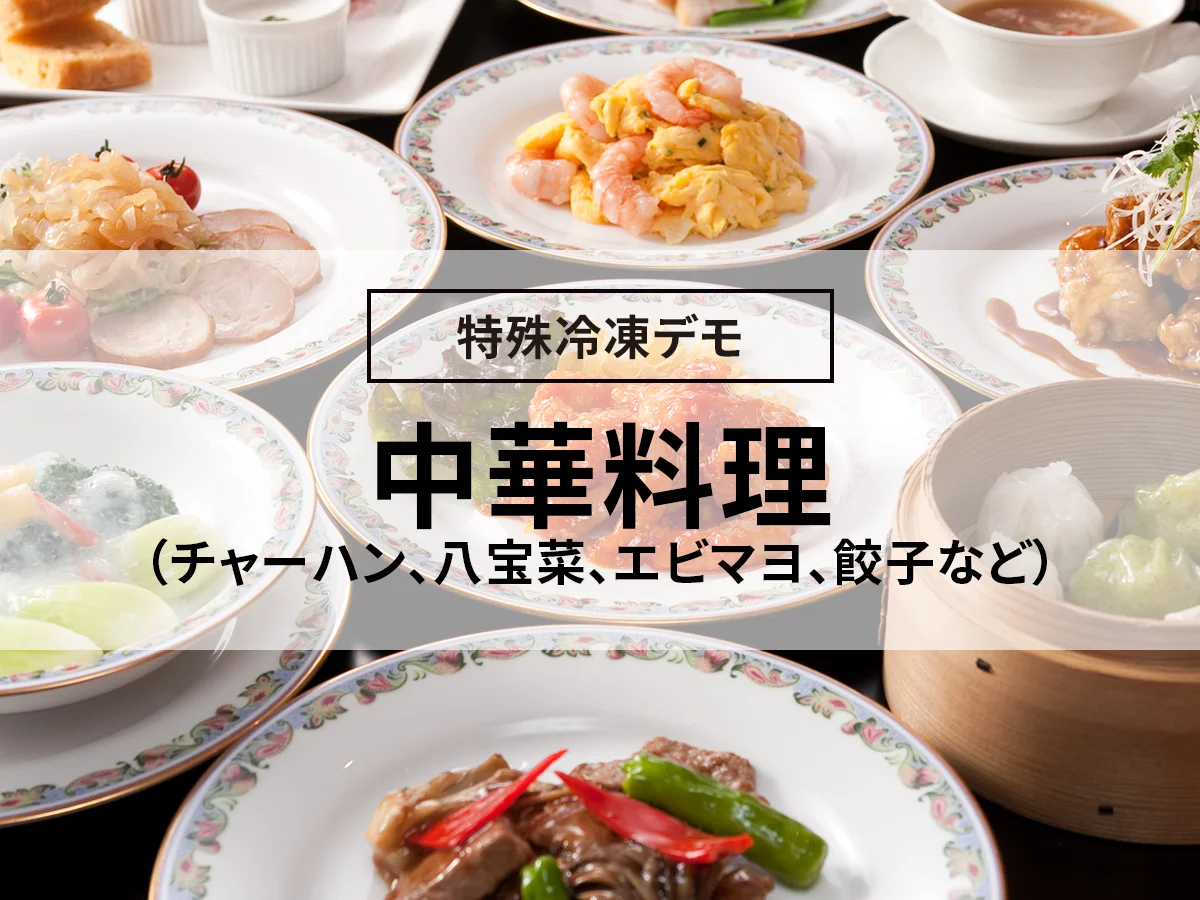
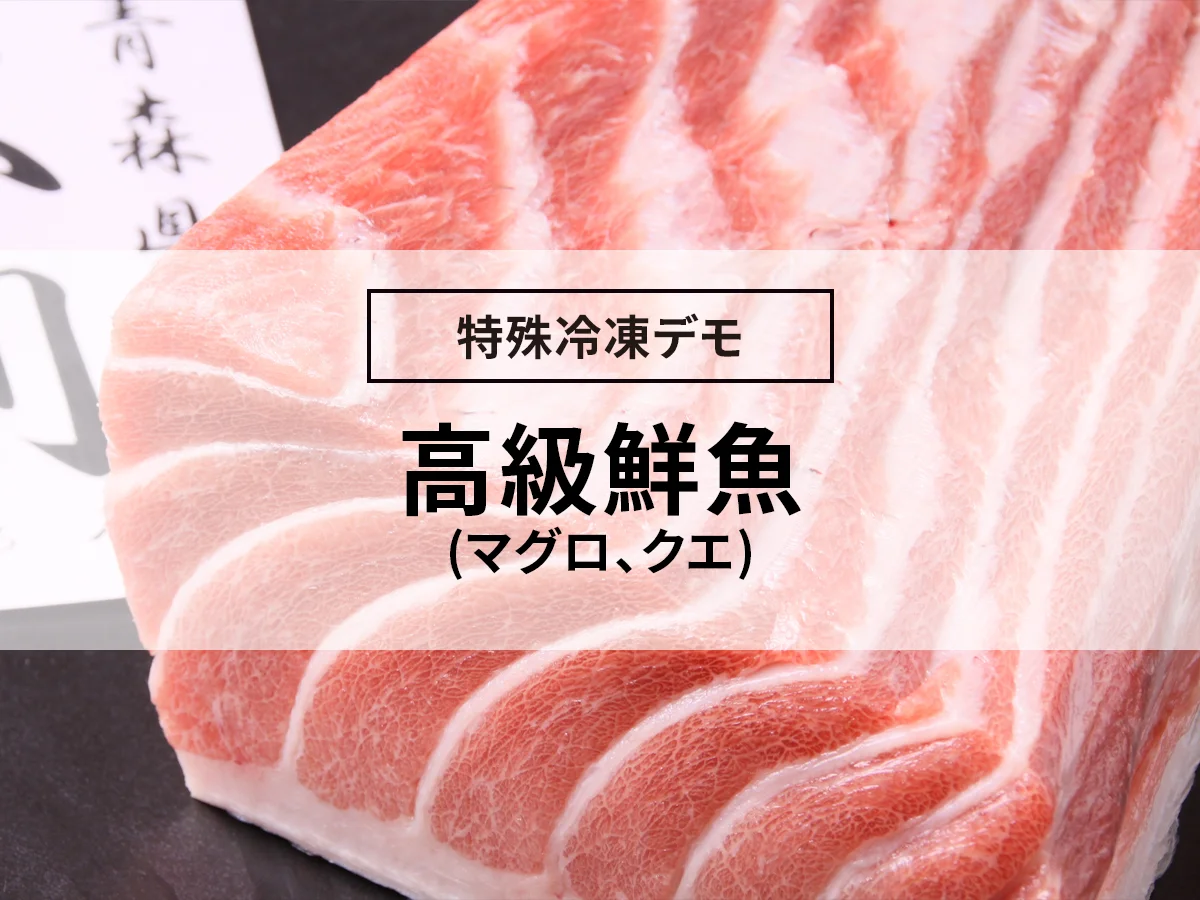
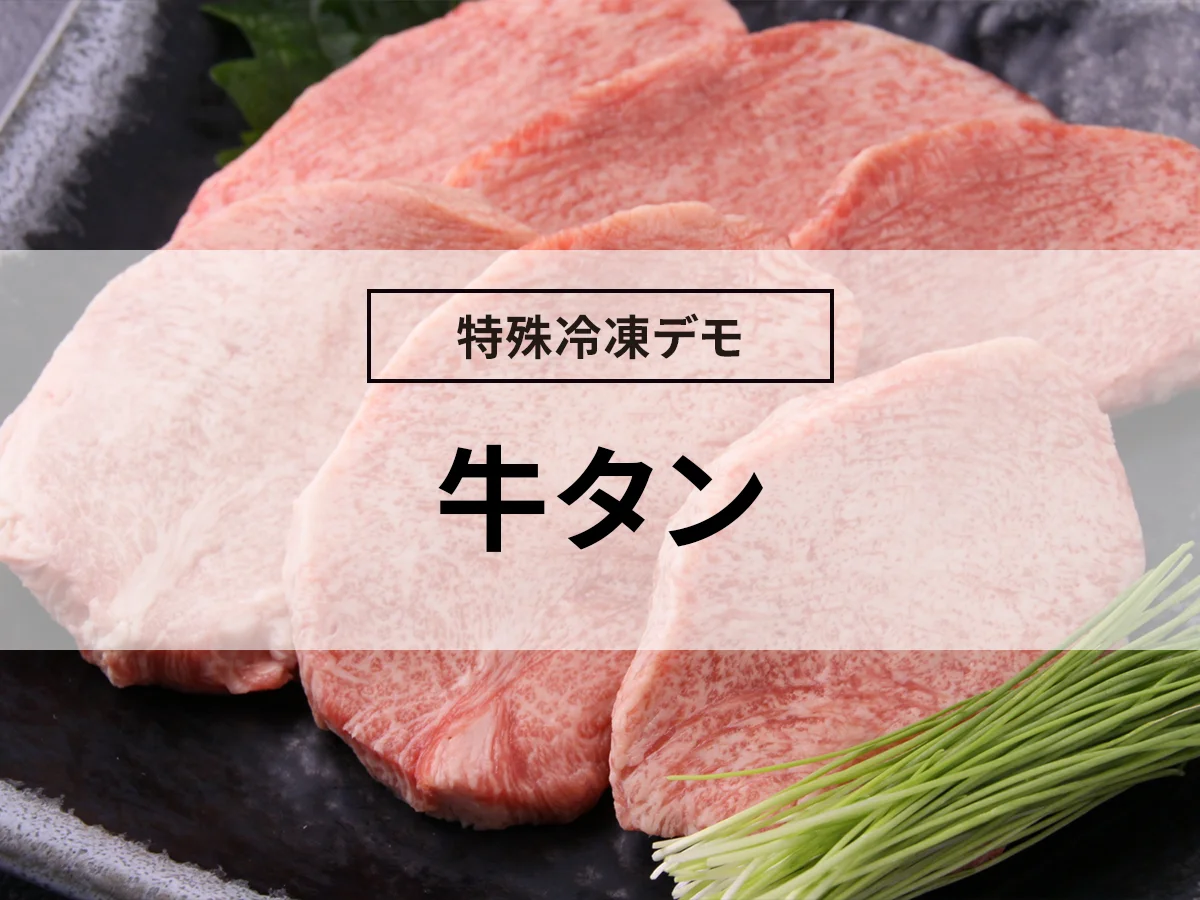
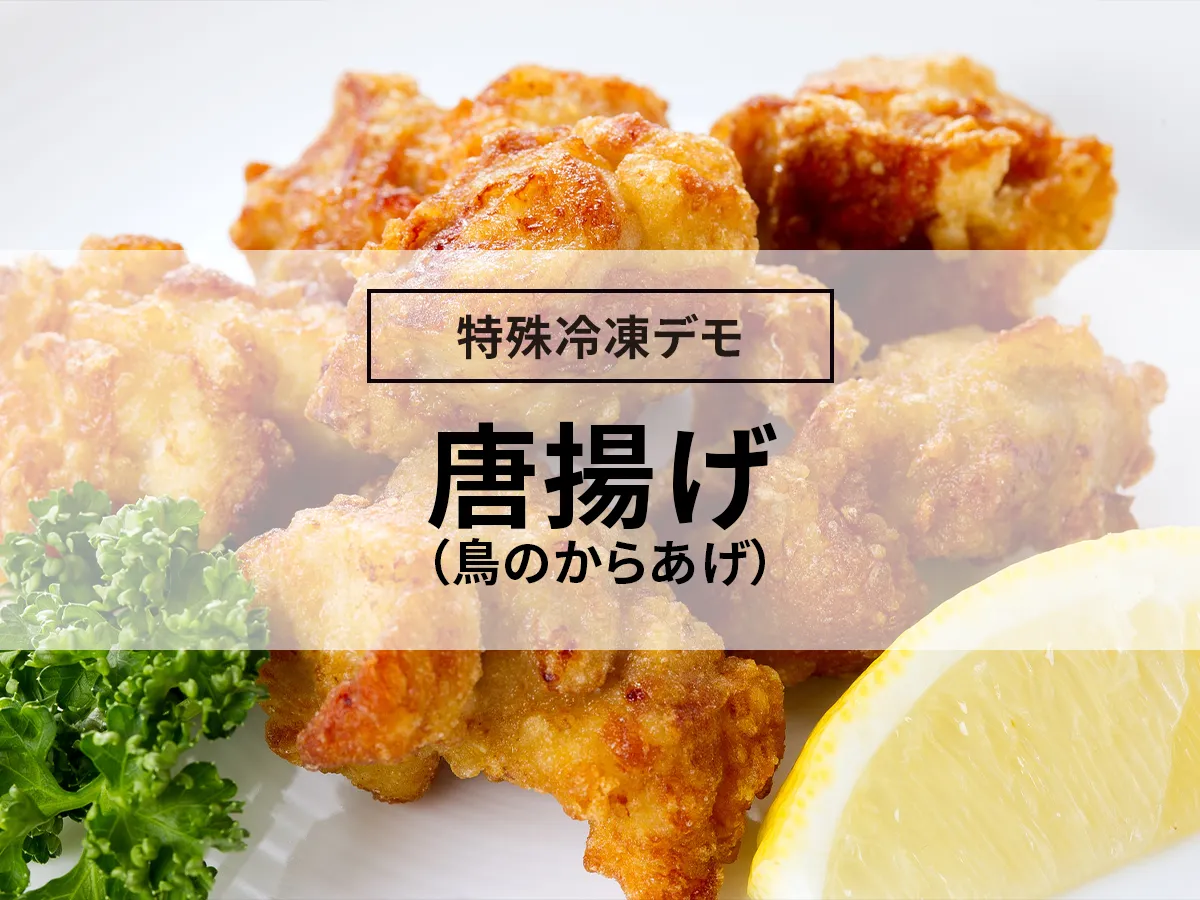
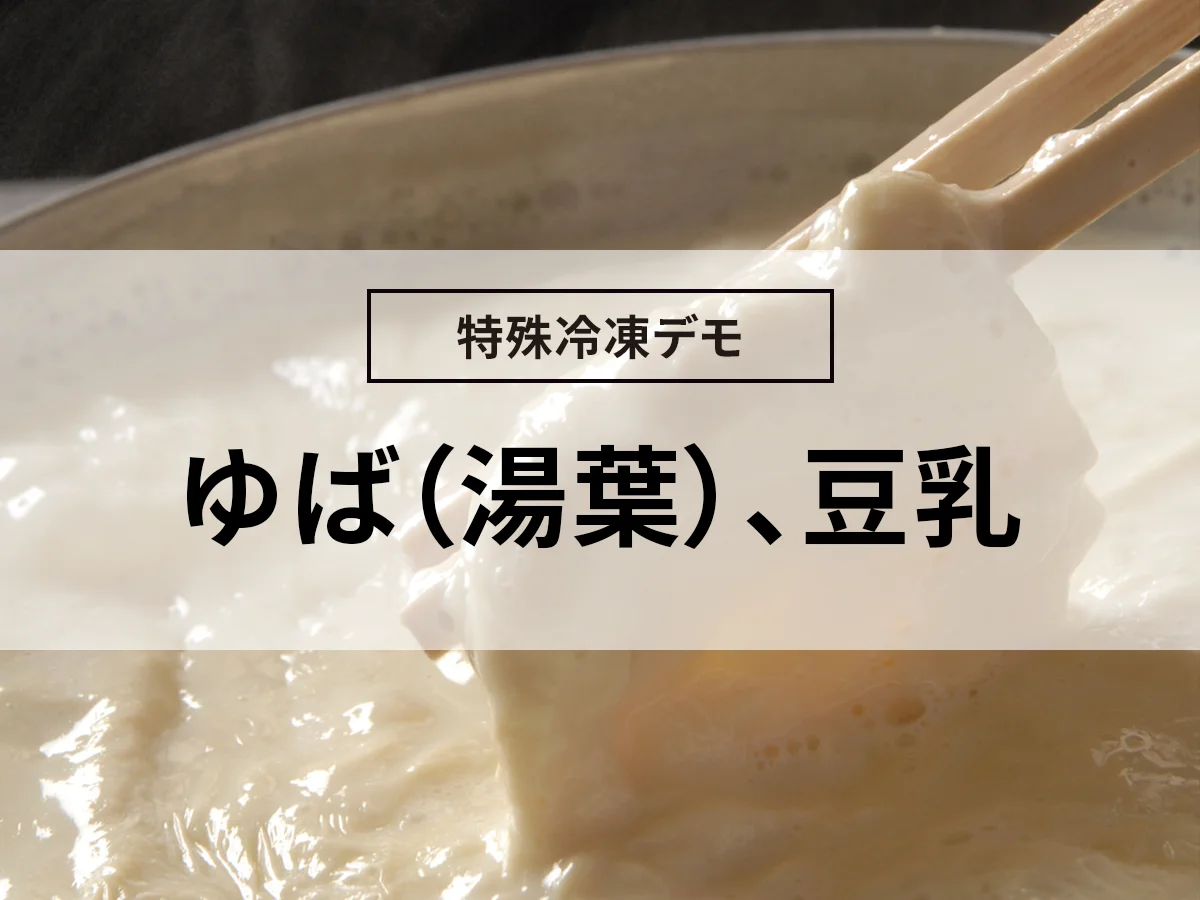
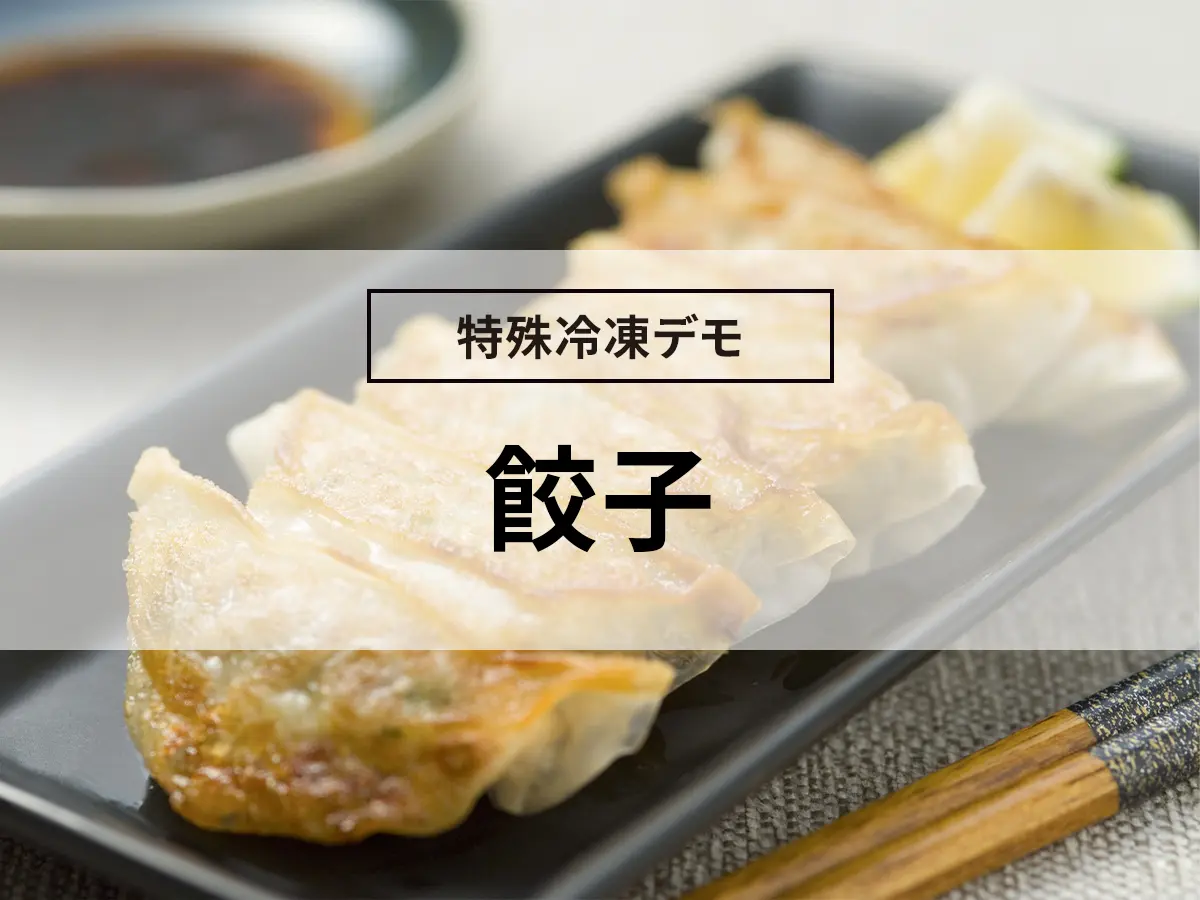
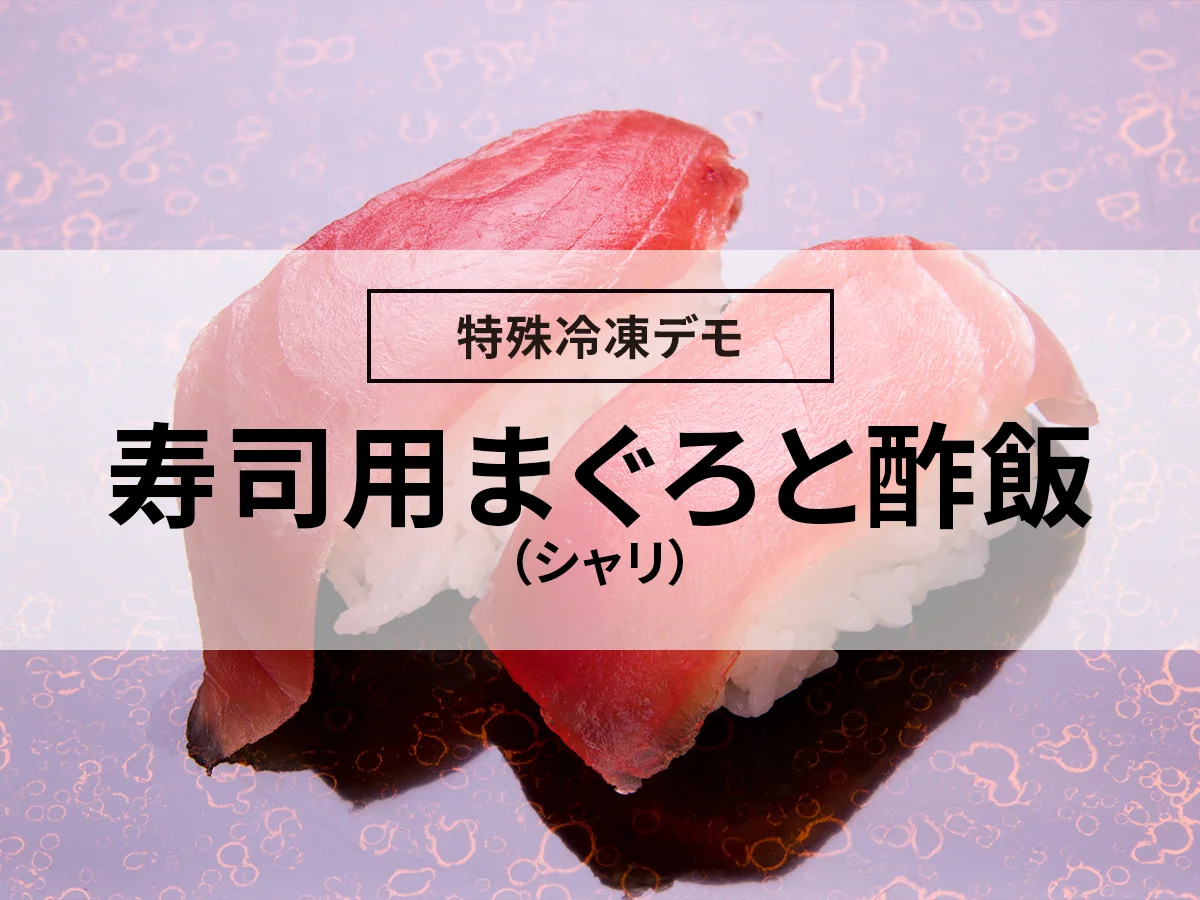


![[For maintaining food quality!] Three functions you should know about constant temperature and high humidity storage](https://shunkashutou.com/wp-content/uploads/2015/10/krefrigerator.jpg)
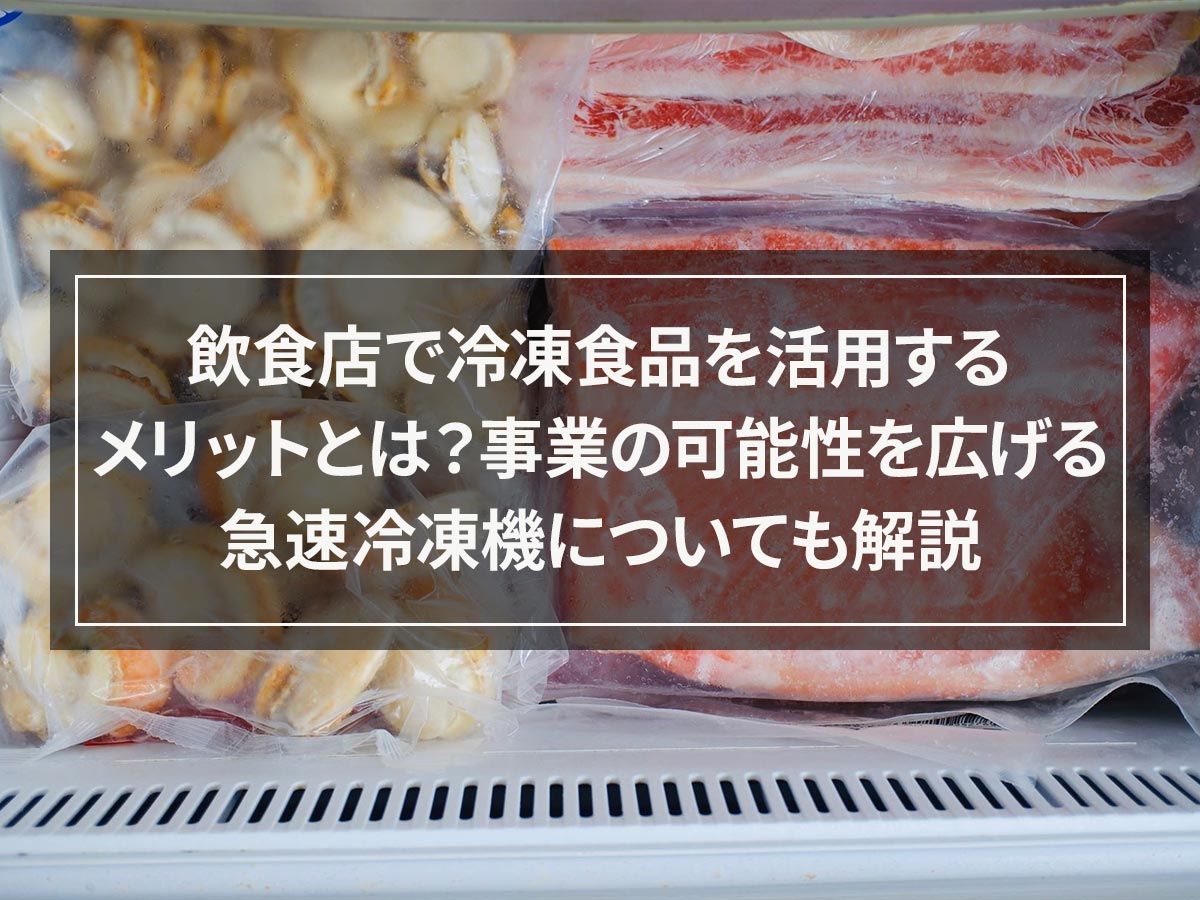
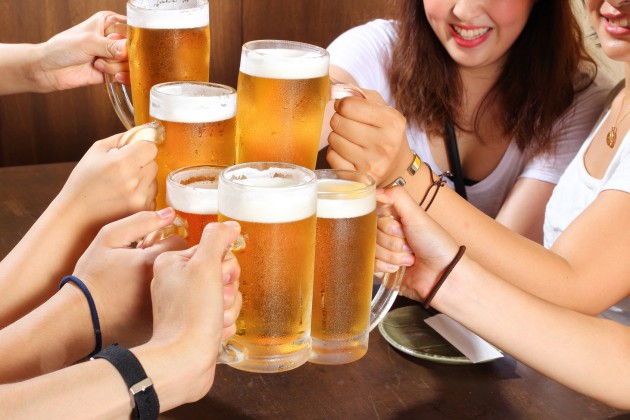
![[Required for Cook Chill System] How much does a blast chiller cost?](https://shunkashutou.com/wp-content/uploads/2015/11/fc29ddca3d7d1f8d53bf99518ce28fcf.jpg)
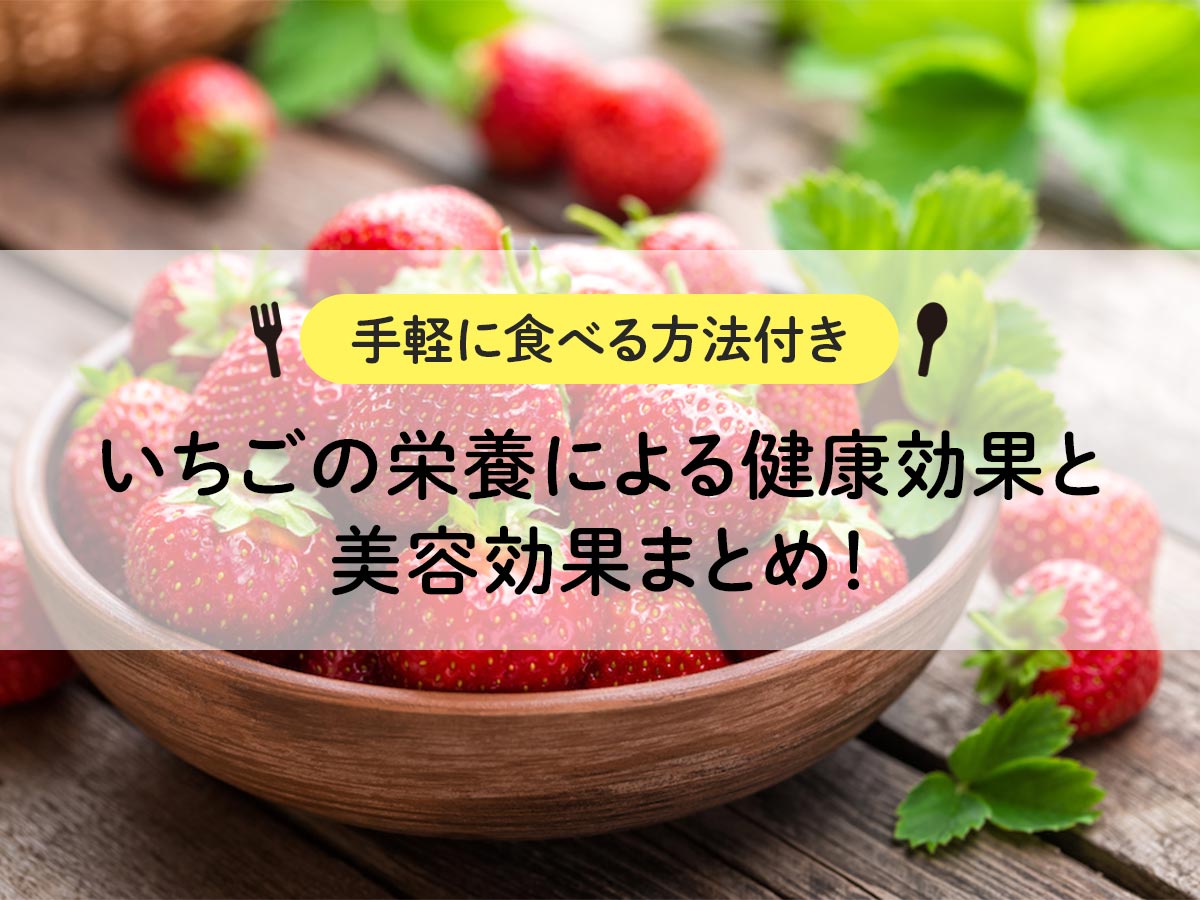
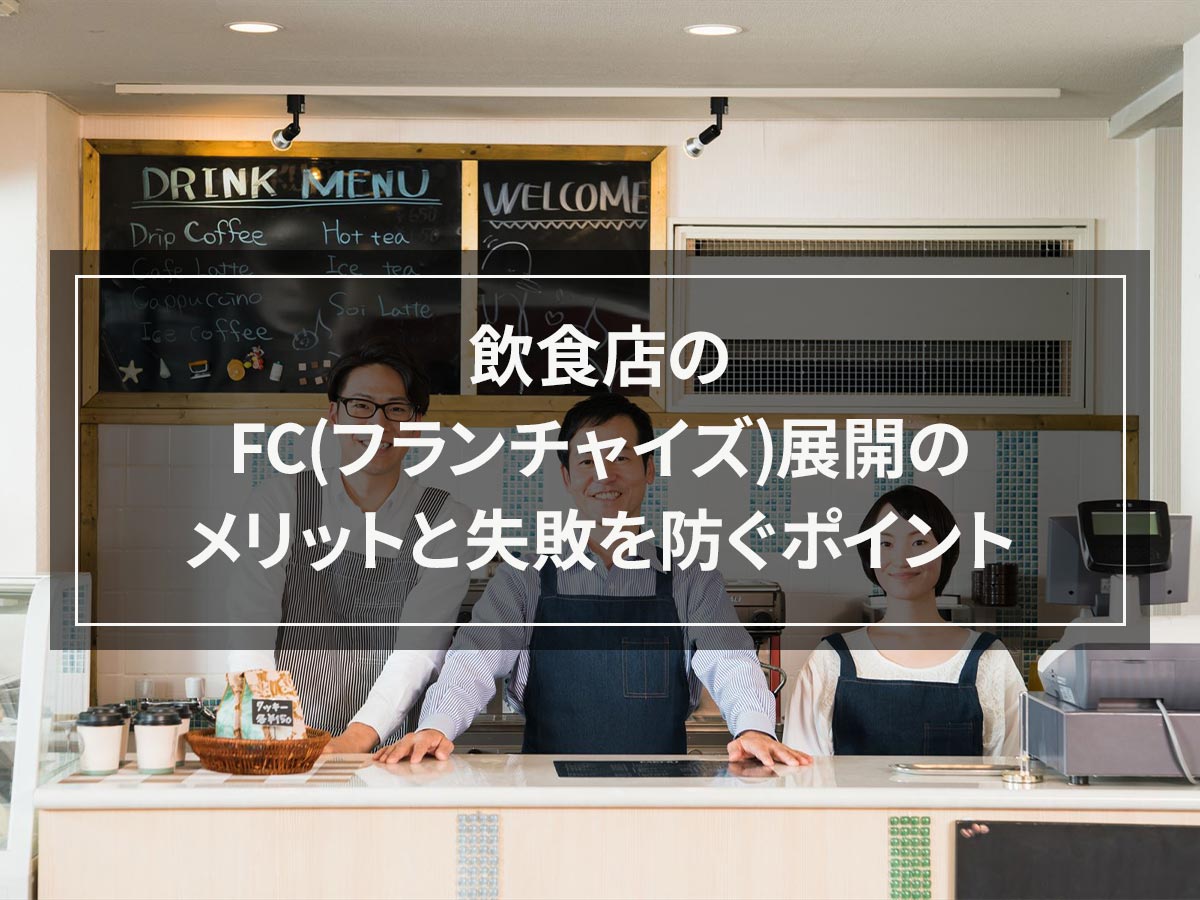
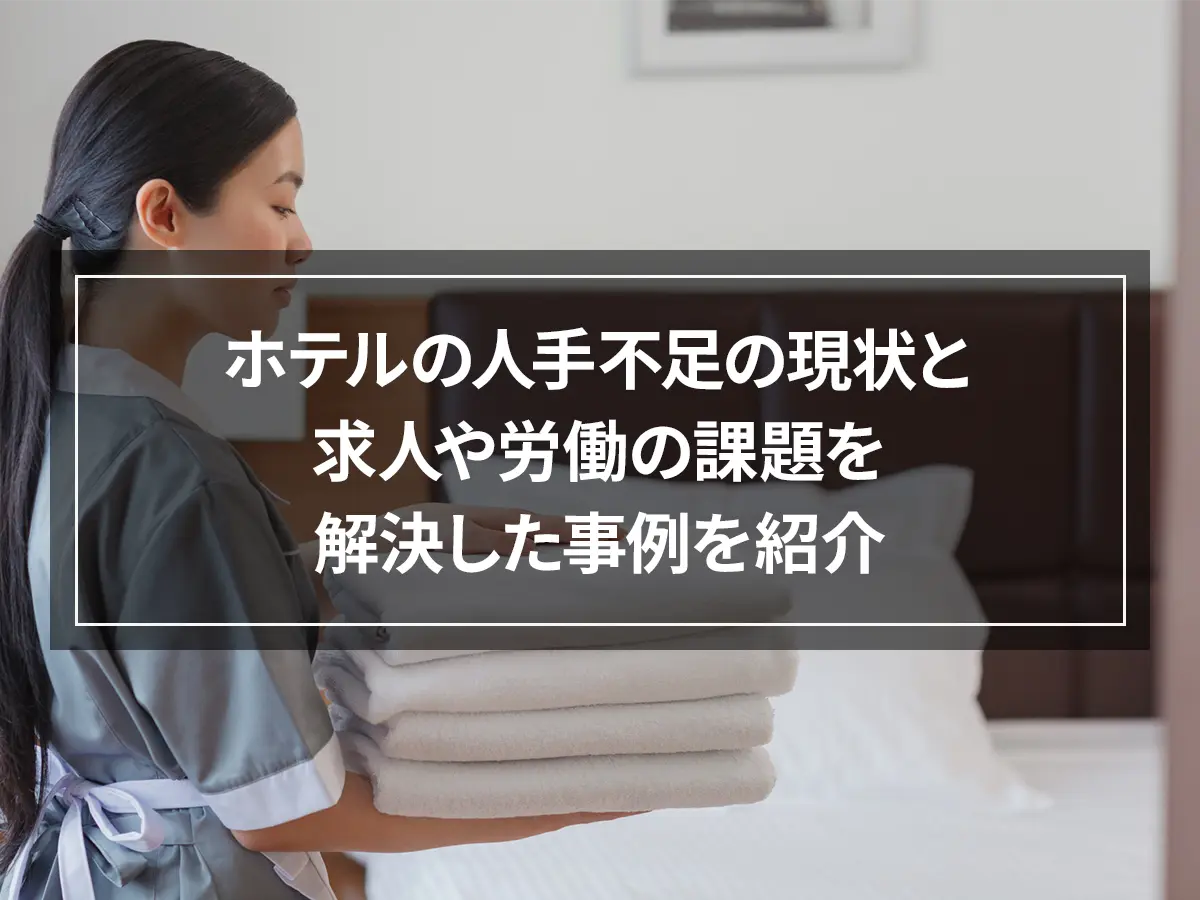
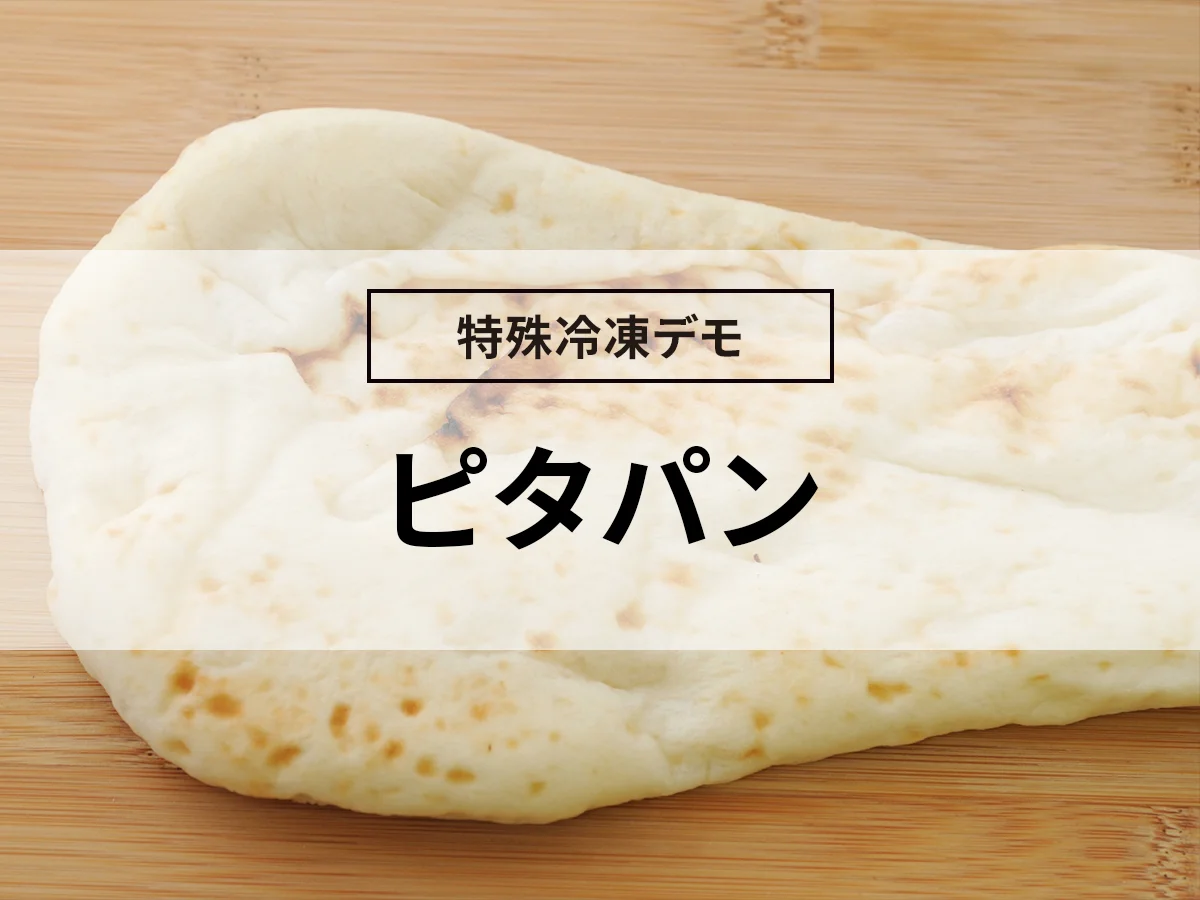
![[Thorough guide to preserving meat] Preservation methods, expiration dates, thawing methods, rapid freezing](https://shunkashutou.com/wp-content/uploads/2023/09/ec61889773cfed9c75aa97d9ca6c96dd-1.jpg)
![[Commercial use] Thoroughly investigate the cause of frost forming in the freezer! How to prevent frost formation?](https://shunkashutou.com/wp-content/uploads/2016/06/09c17e4deeb1ac0cdc5a513eaf89ab1a.jpg)
![[Bringing fresh cakes nationwide] How to dramatically increase profits at a pastry shop?](https://shunkashutou.com/wp-content/uploads/2016/03/661ea3ee6264fab6520017622c656870.jpg)
